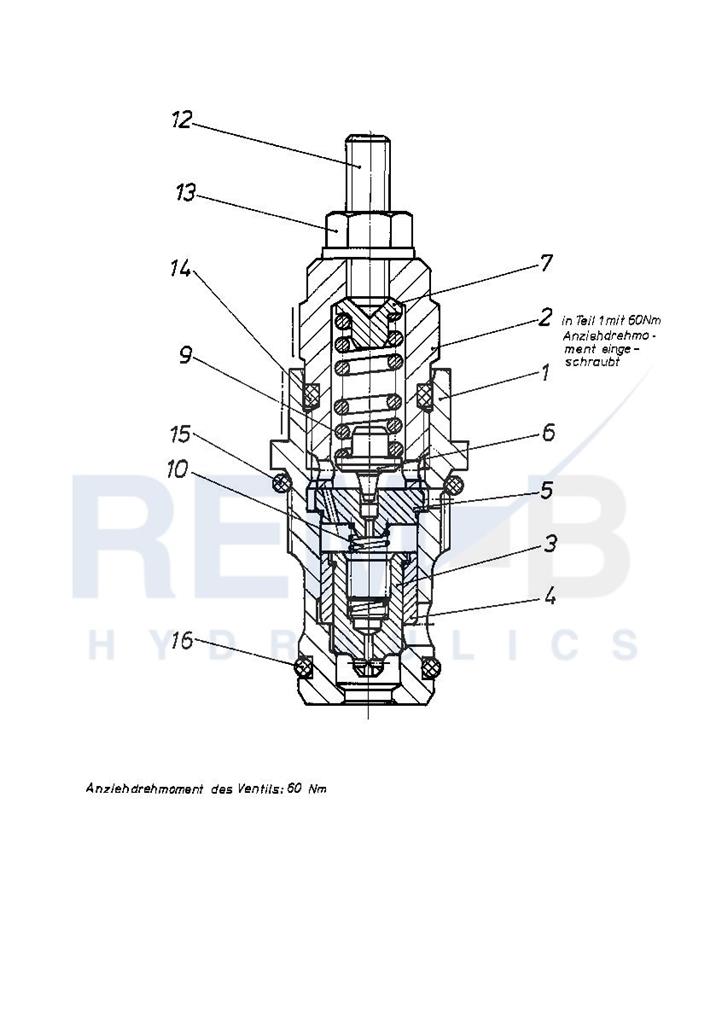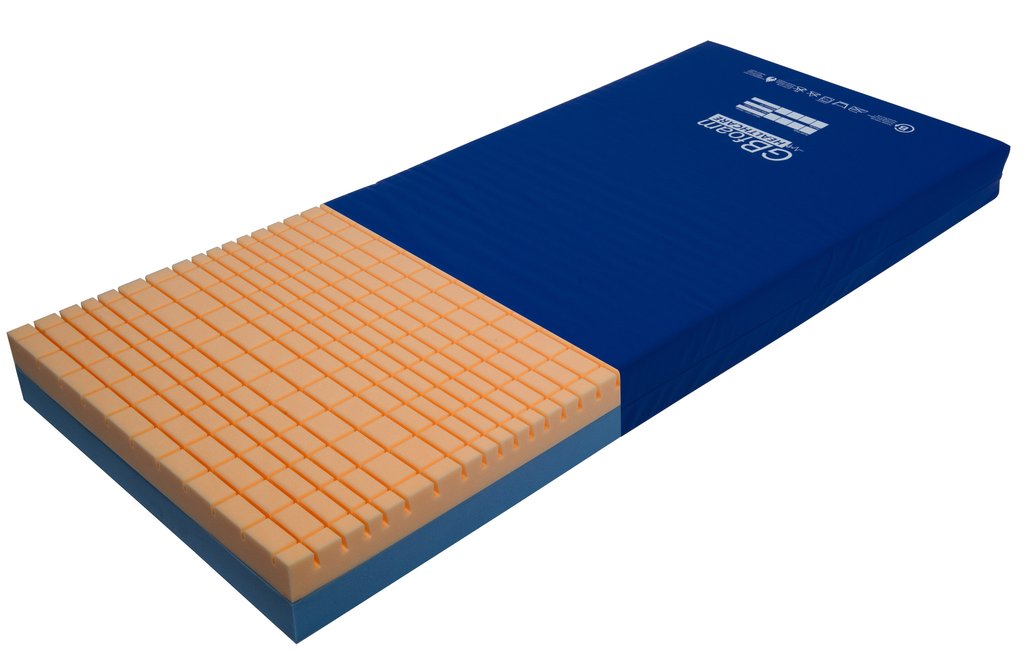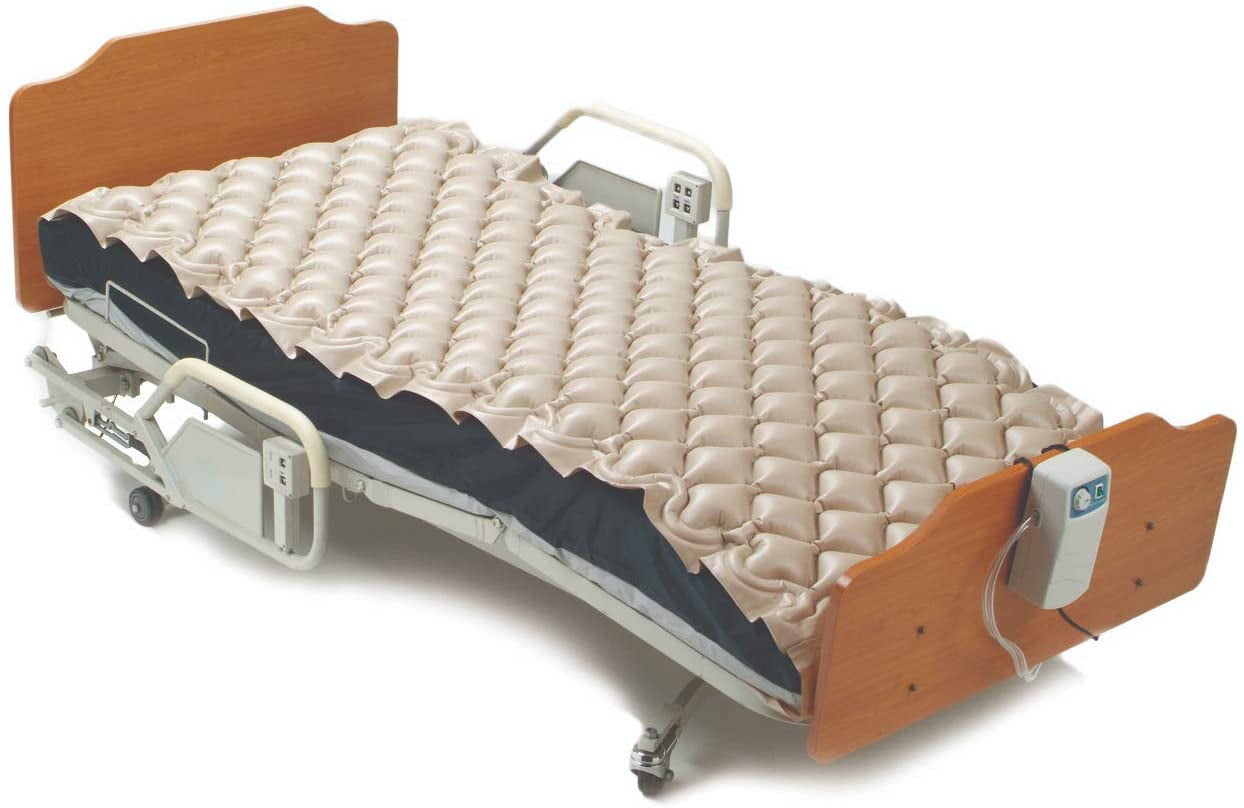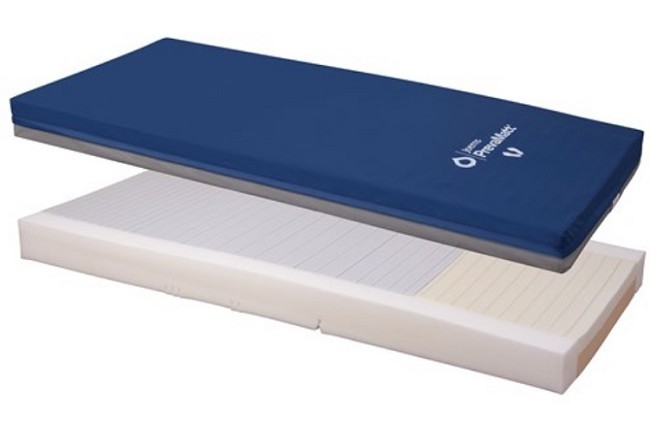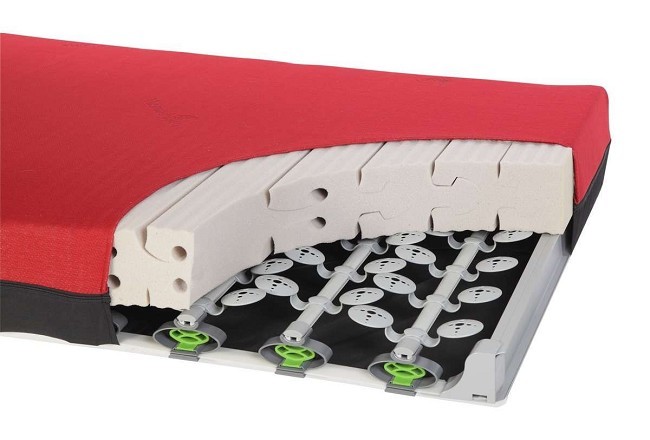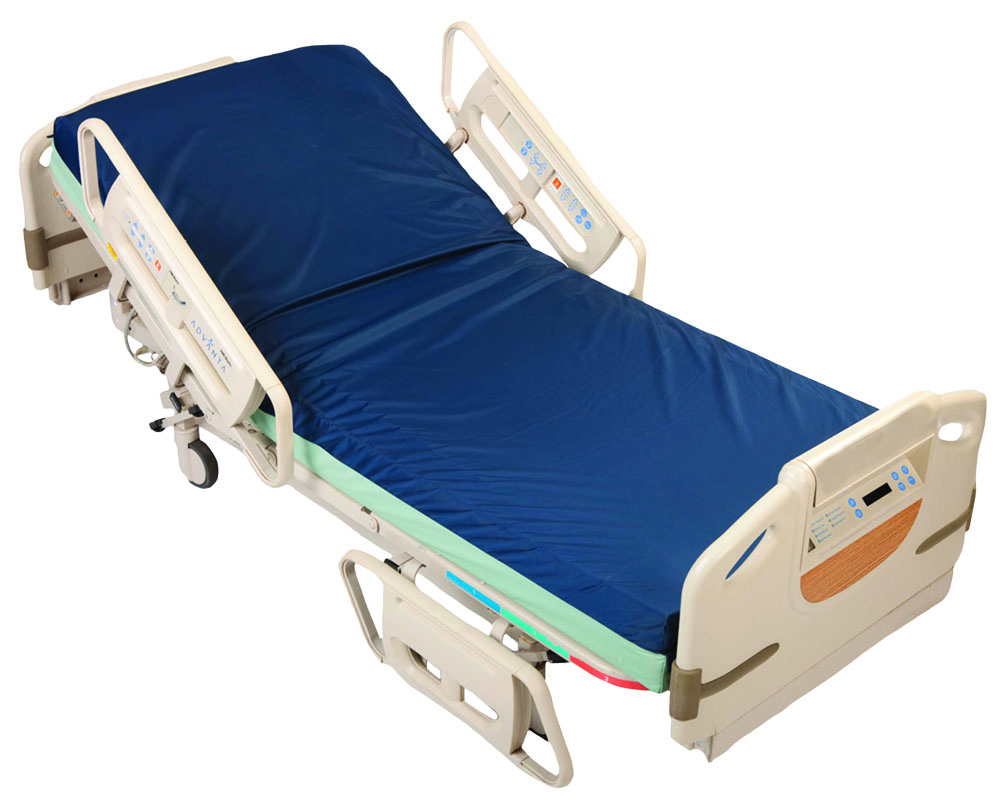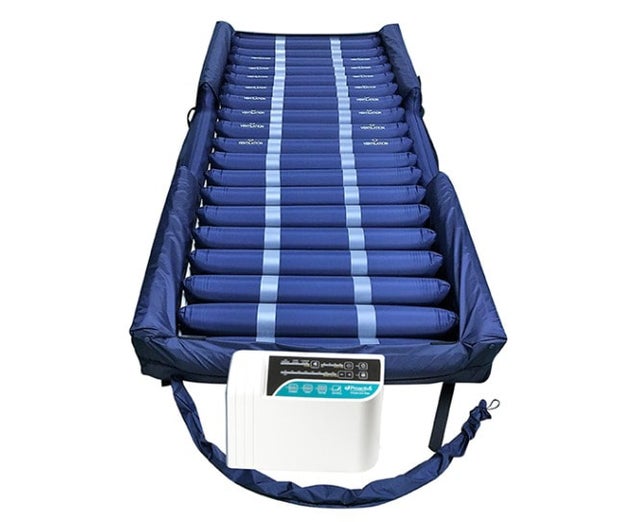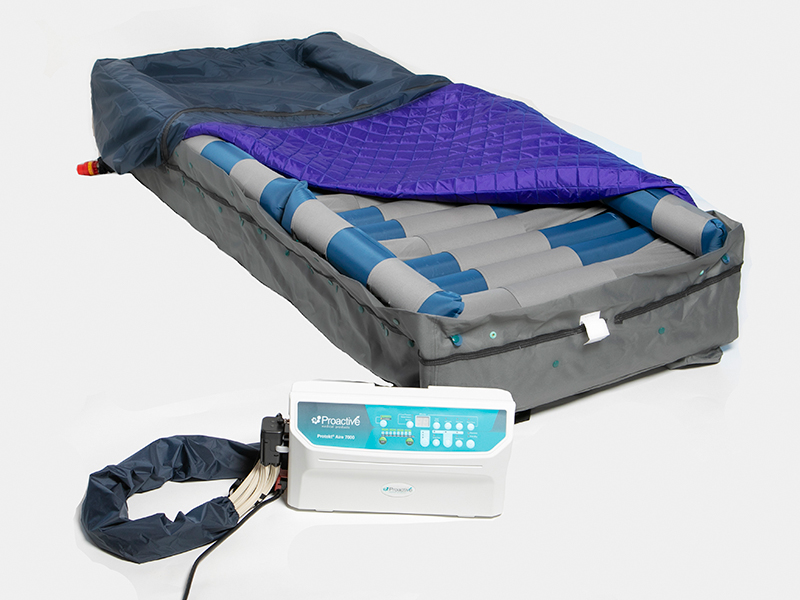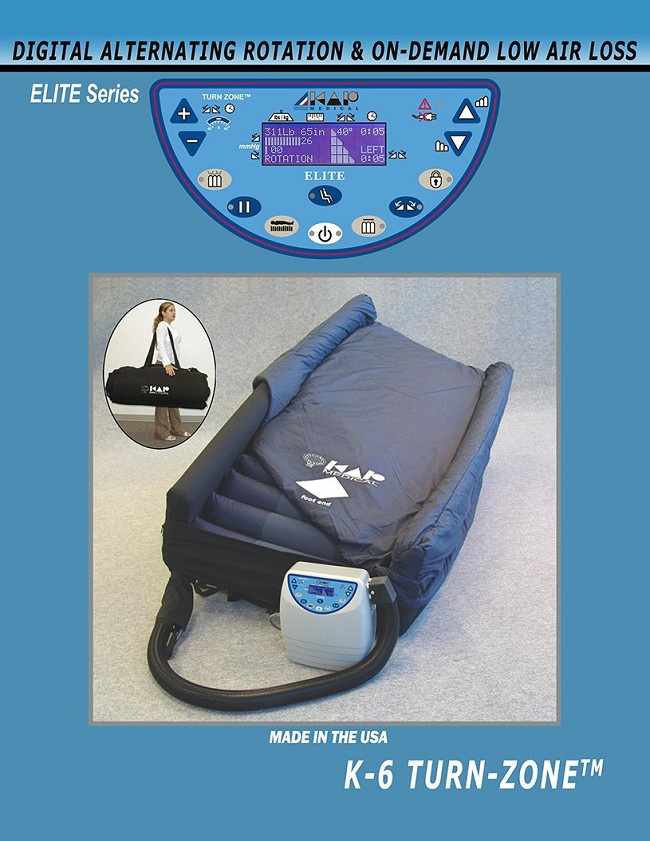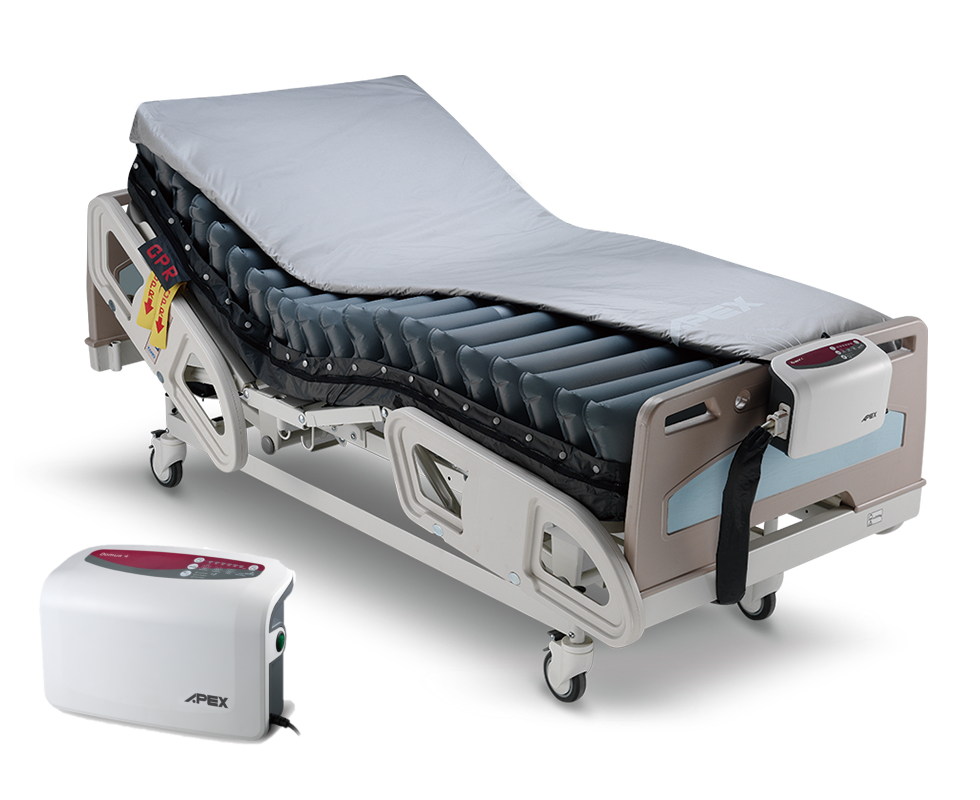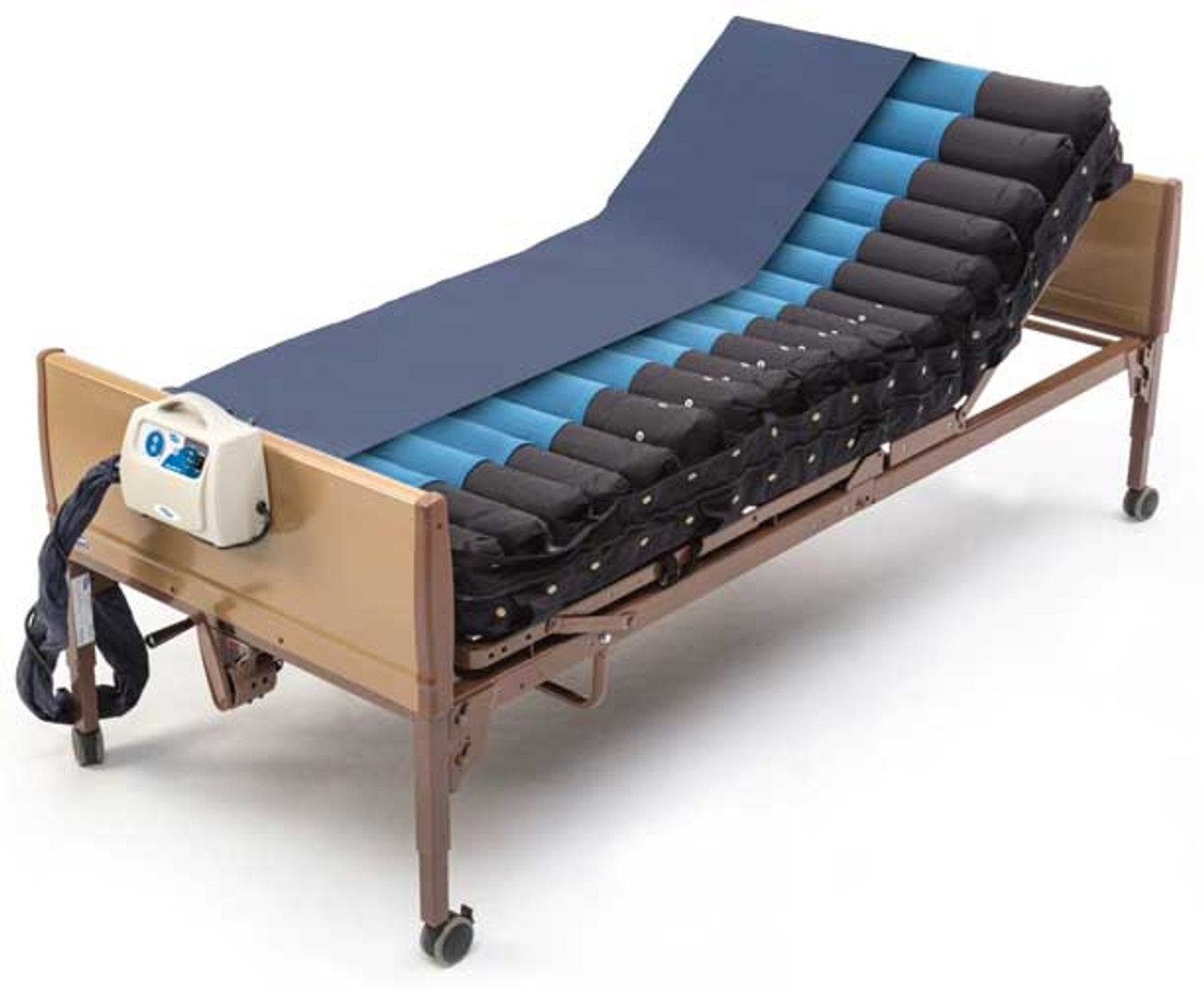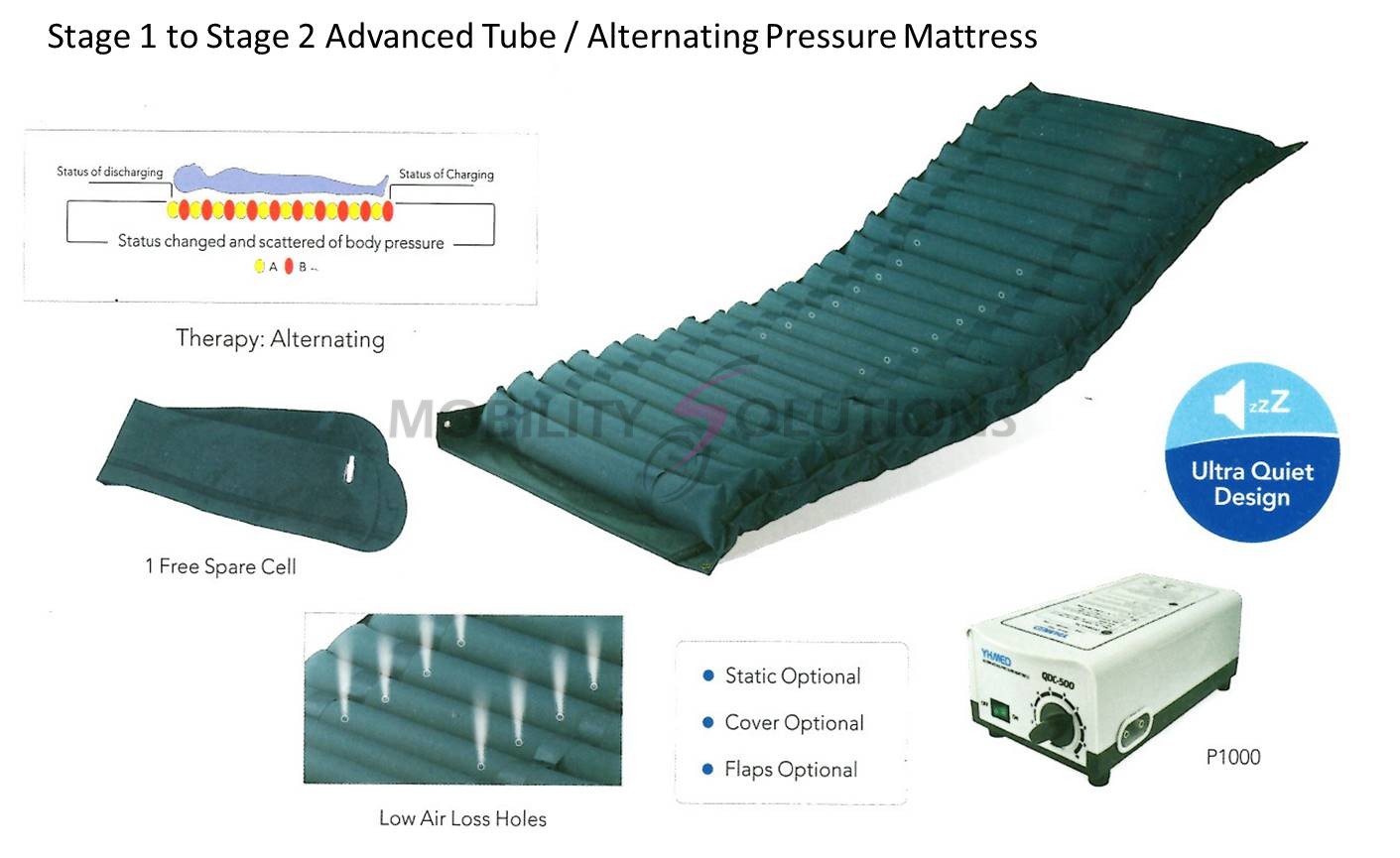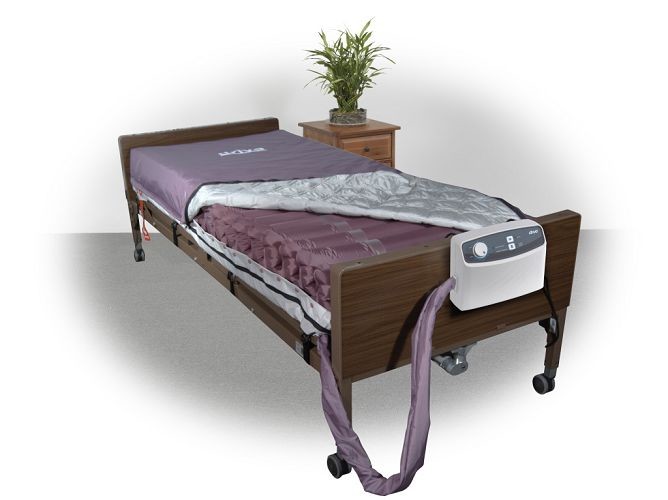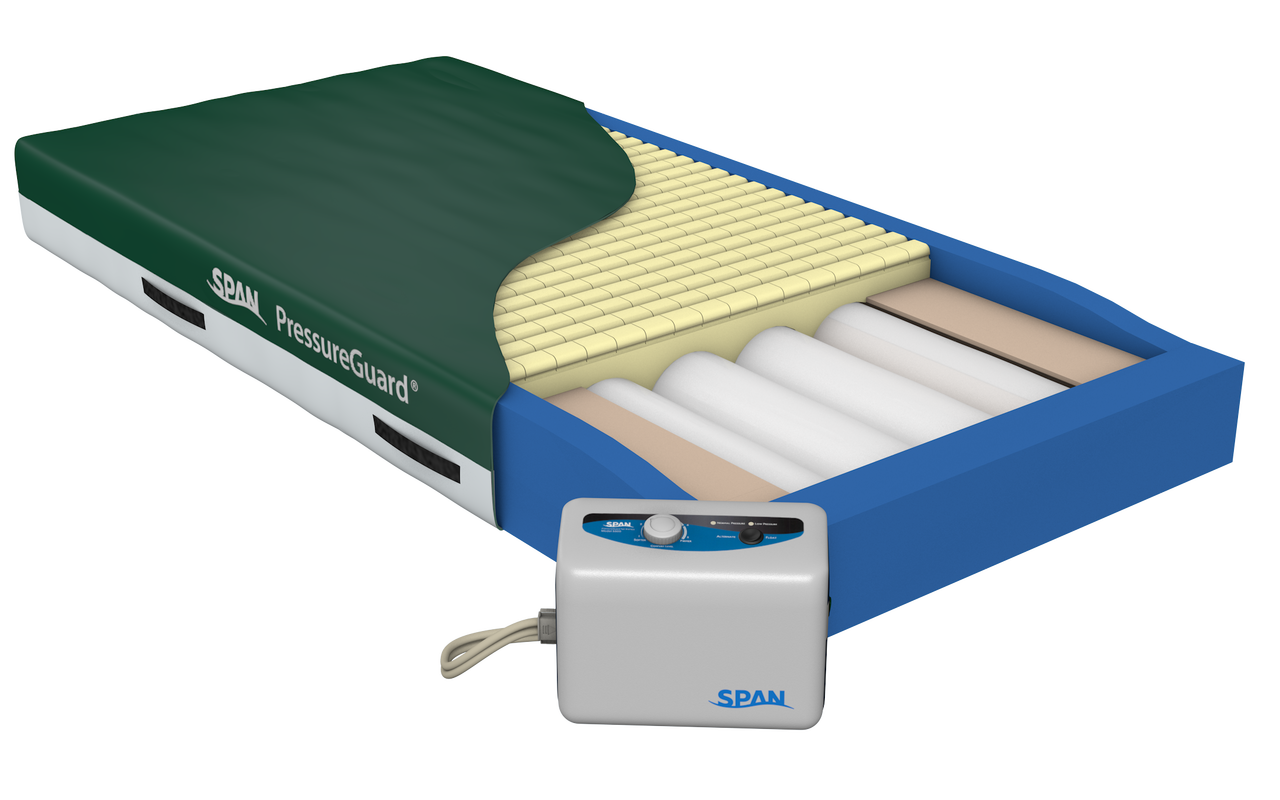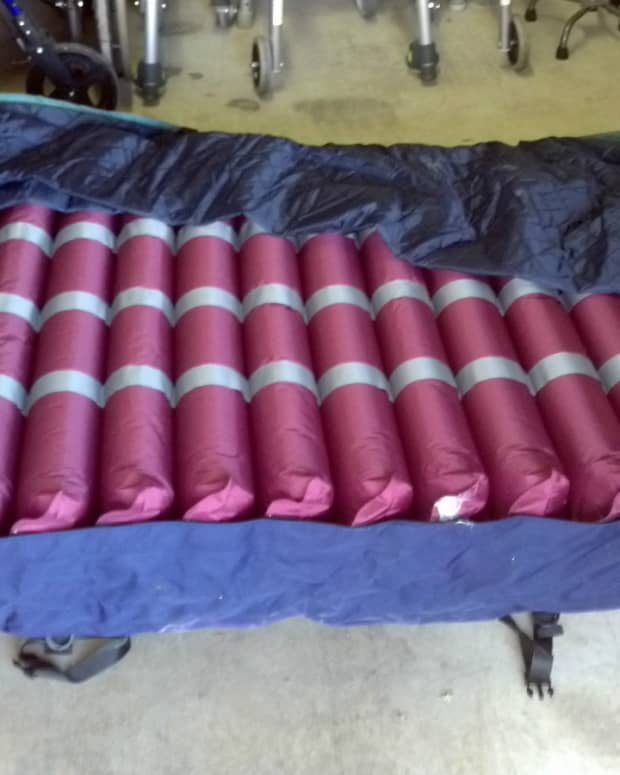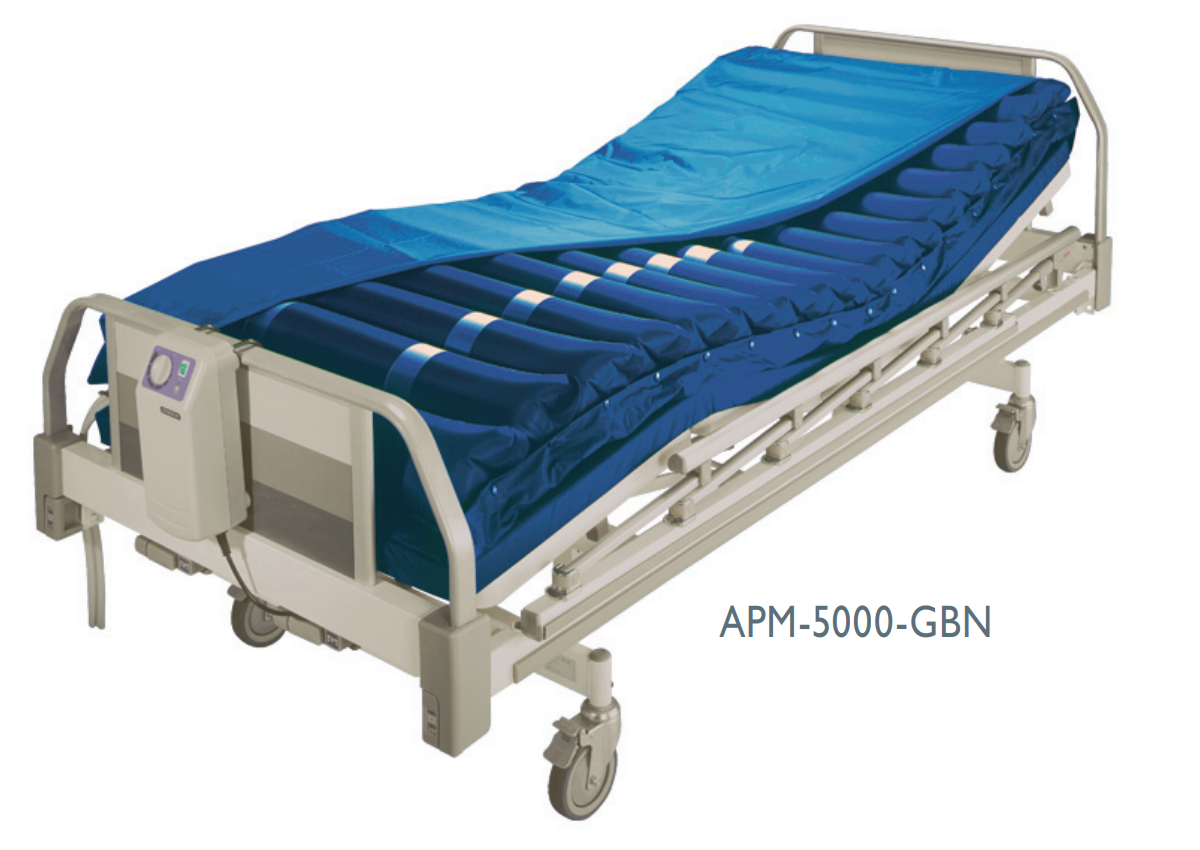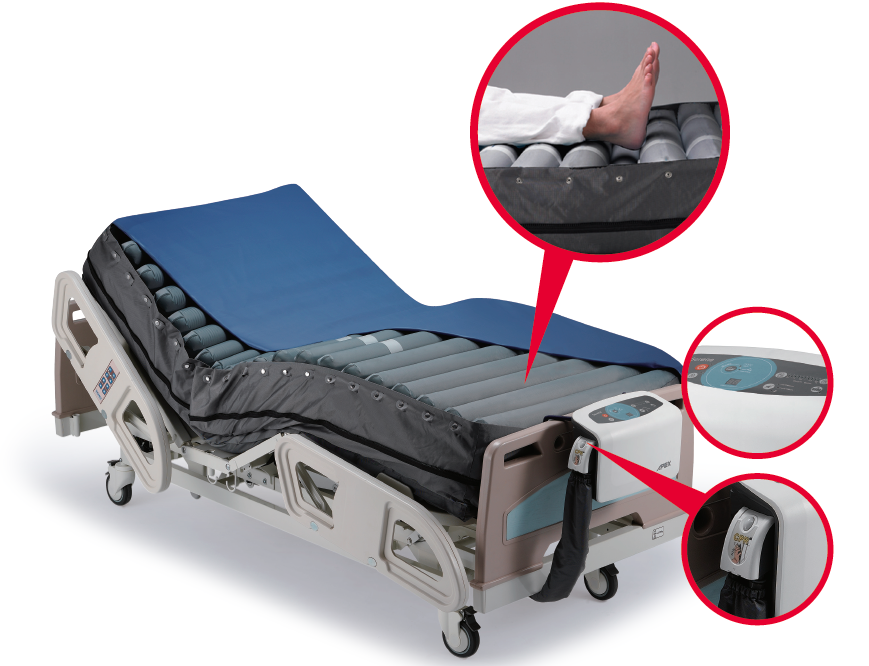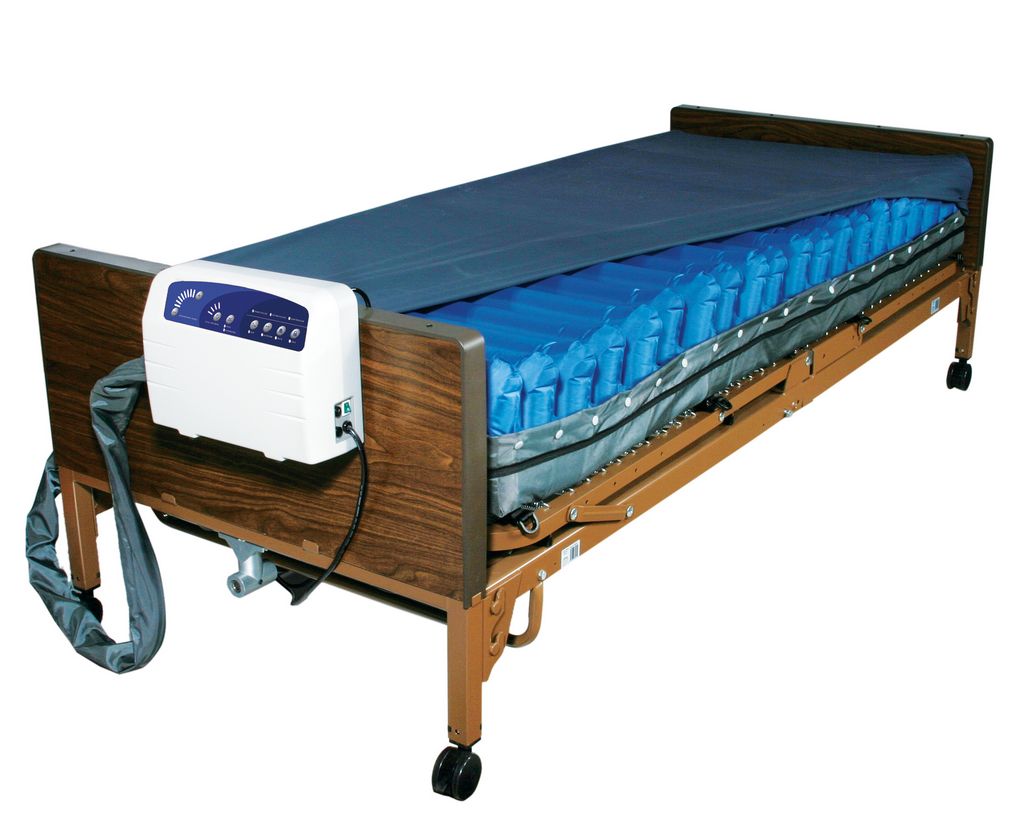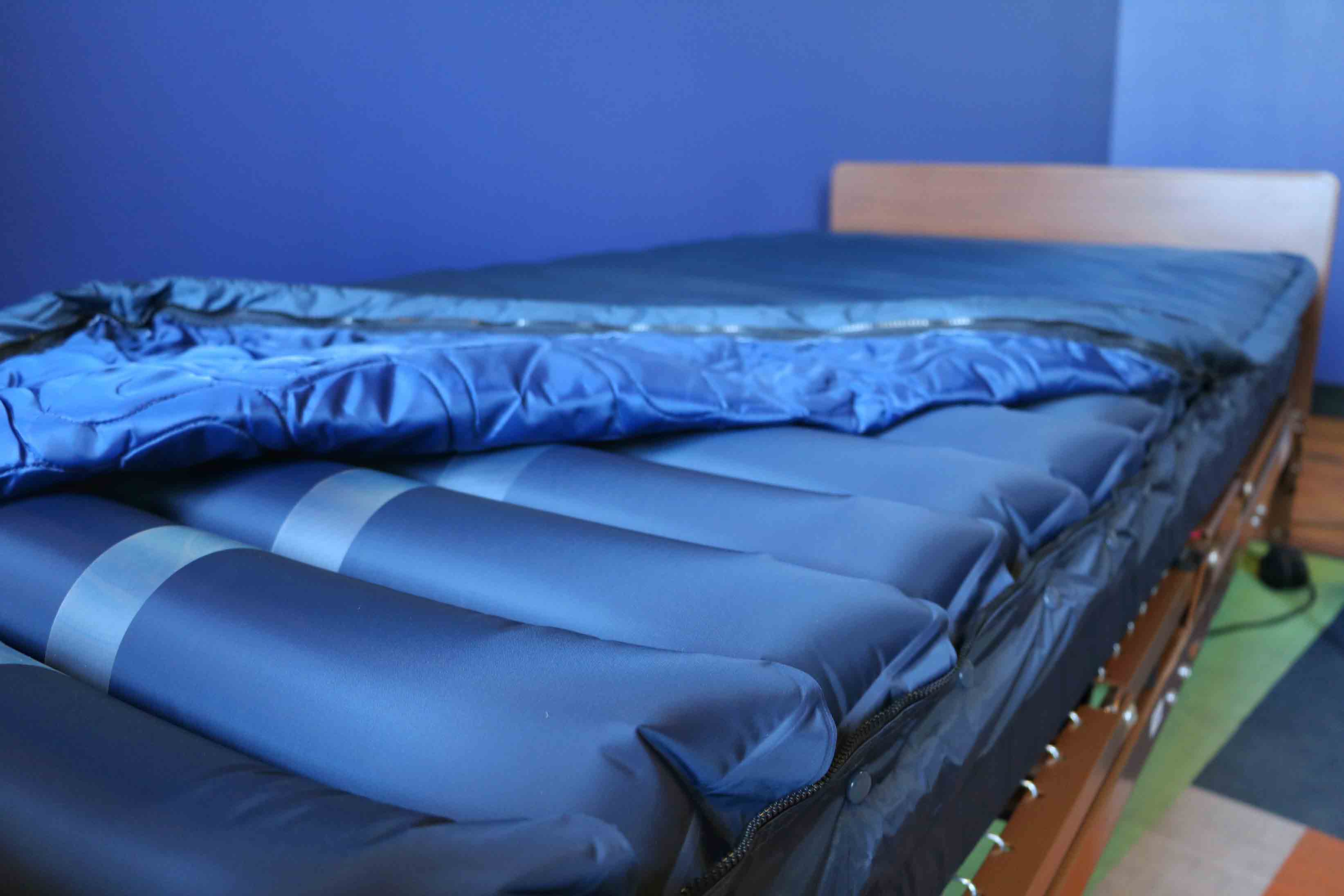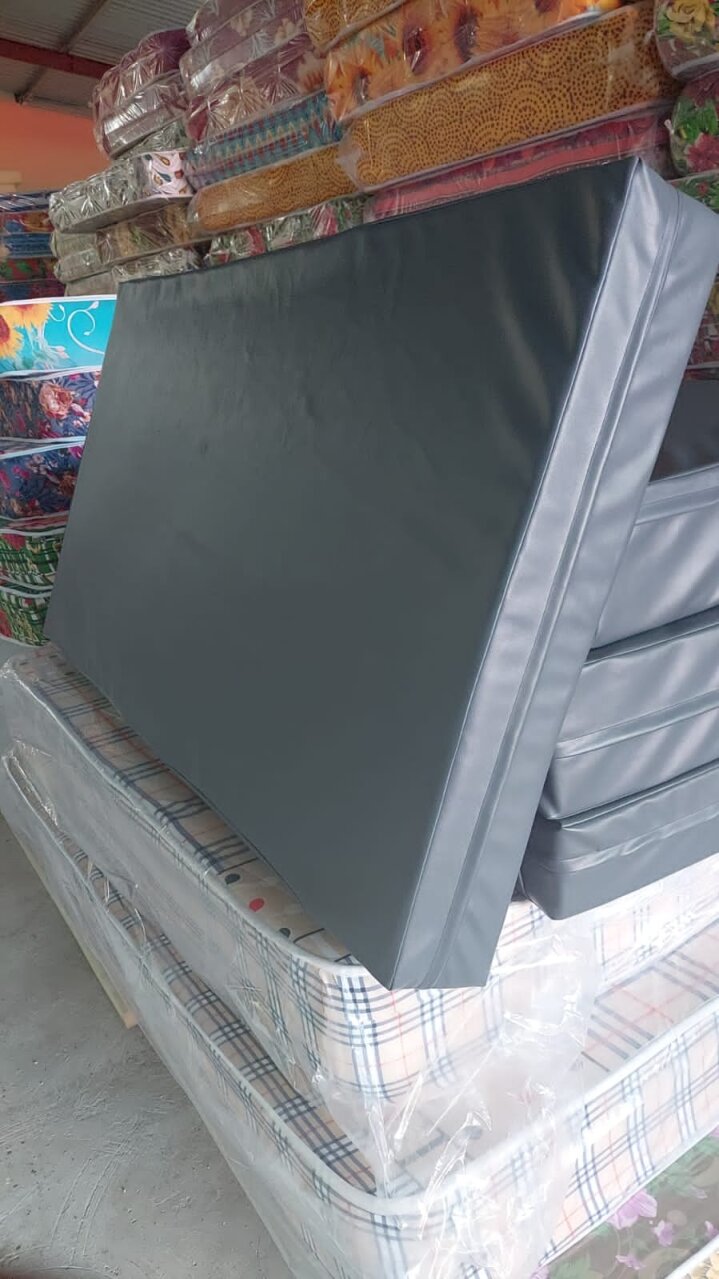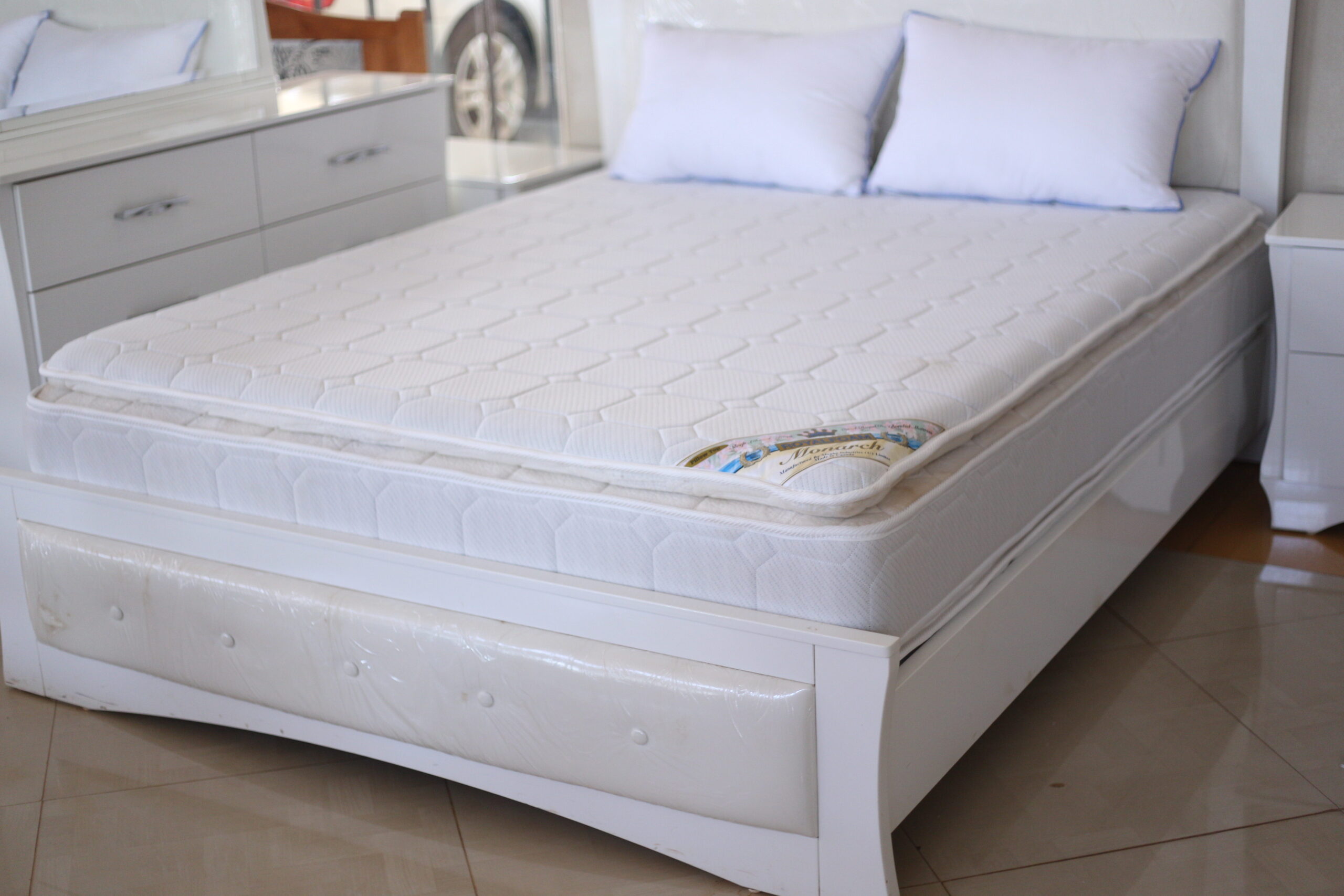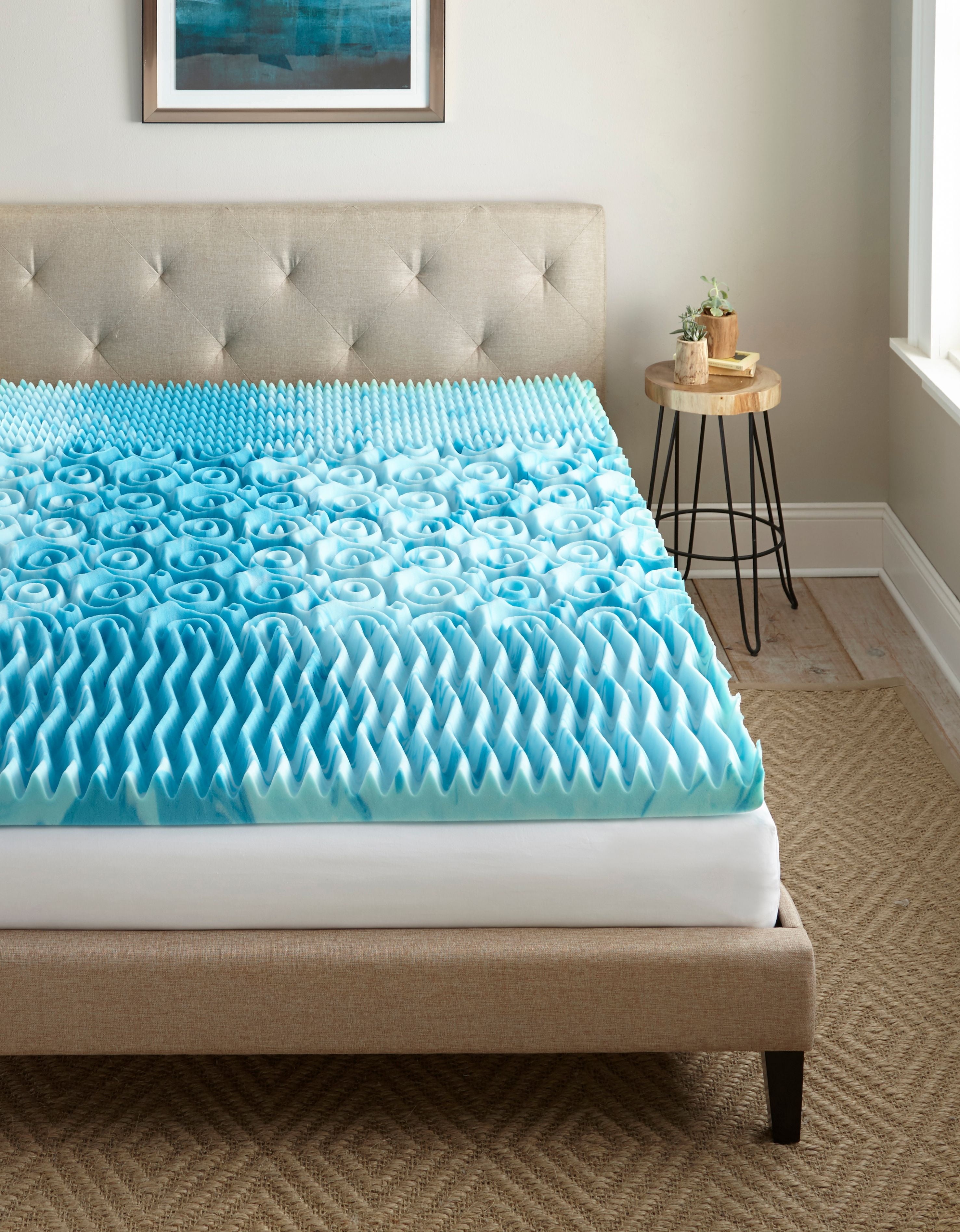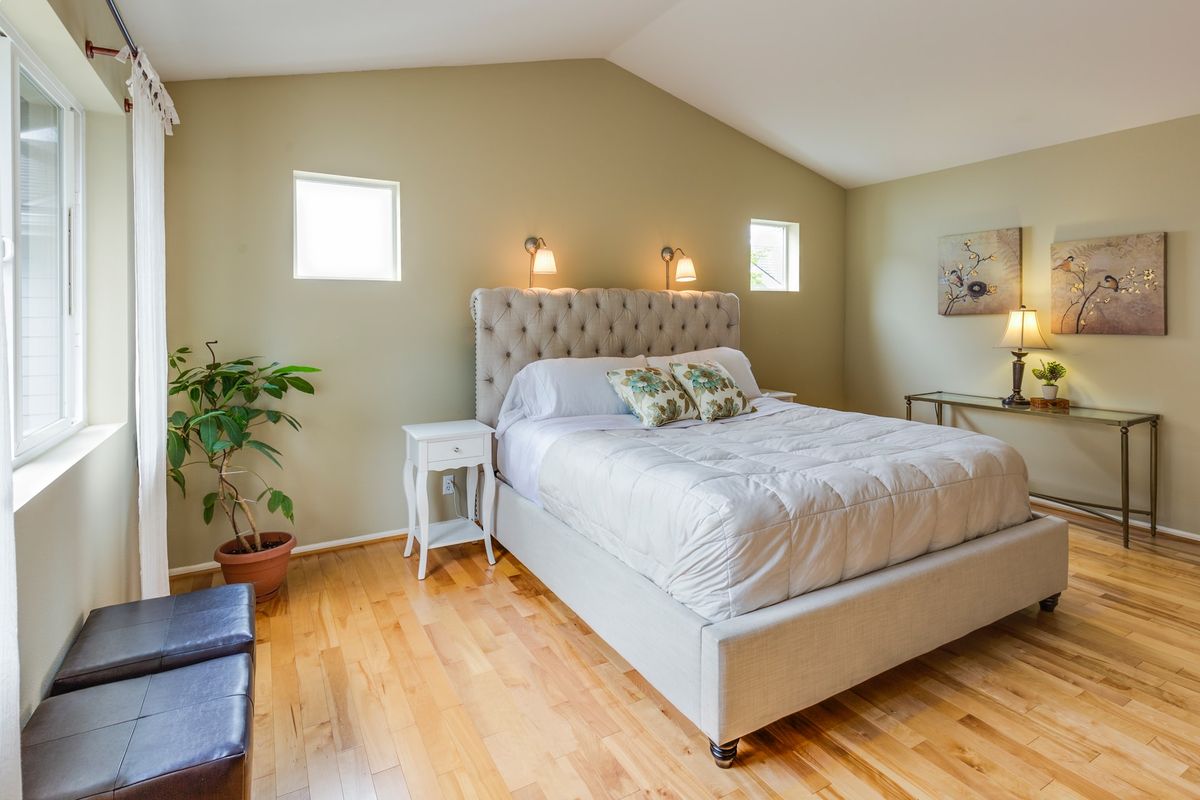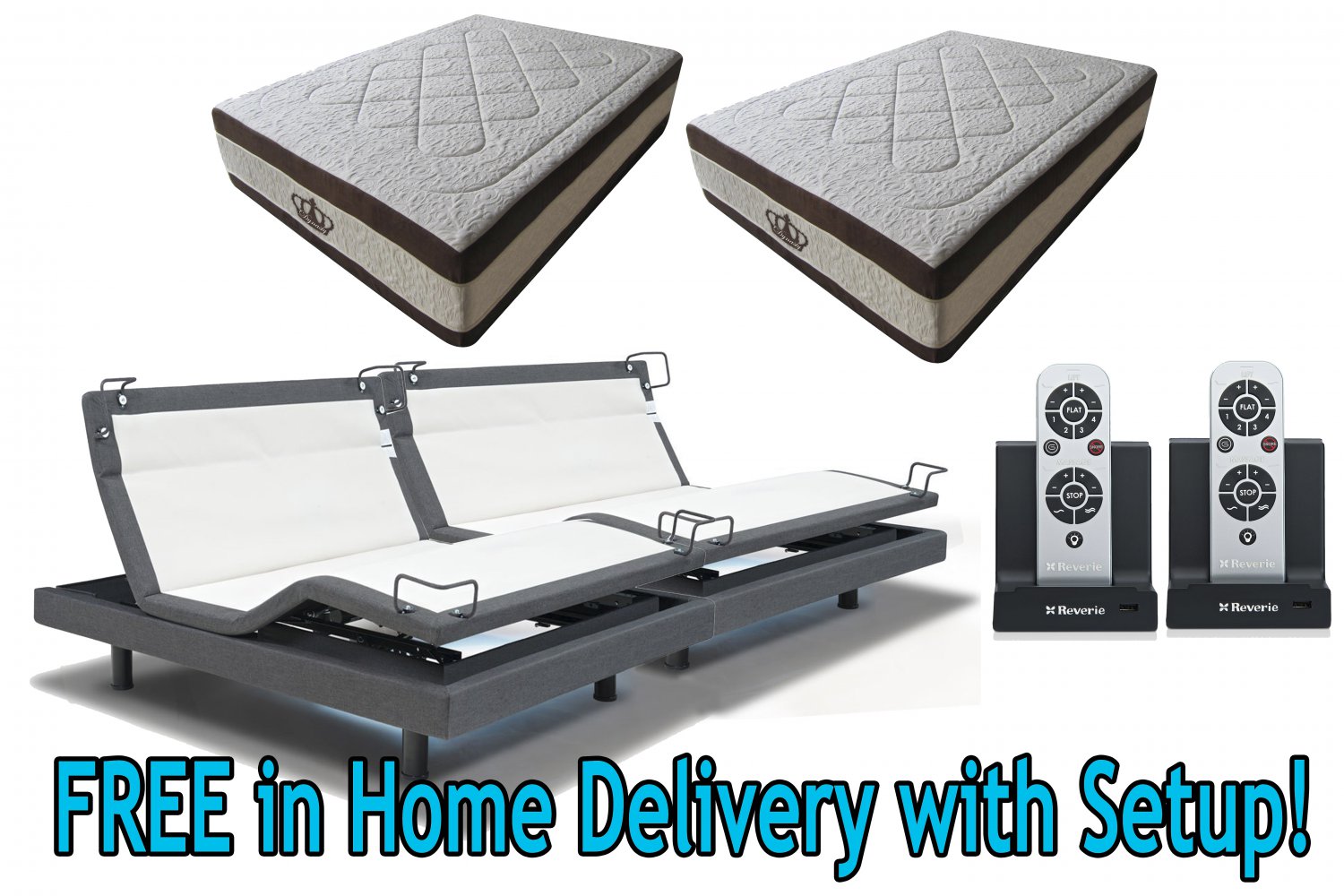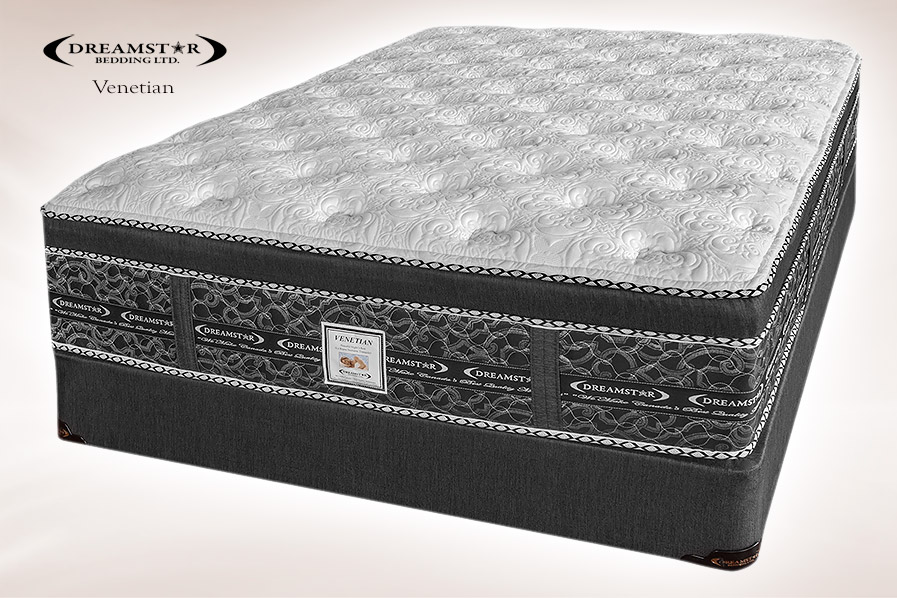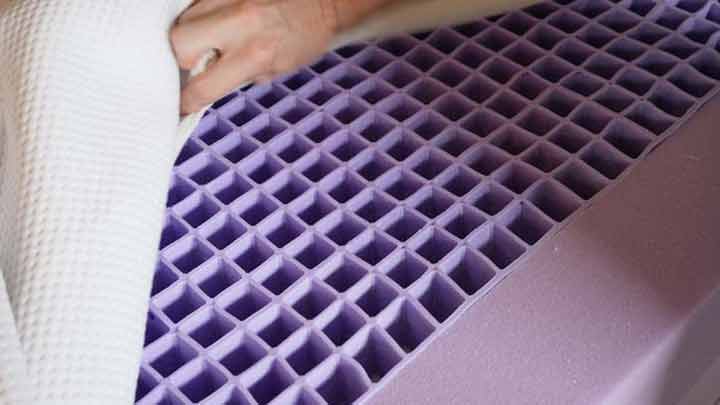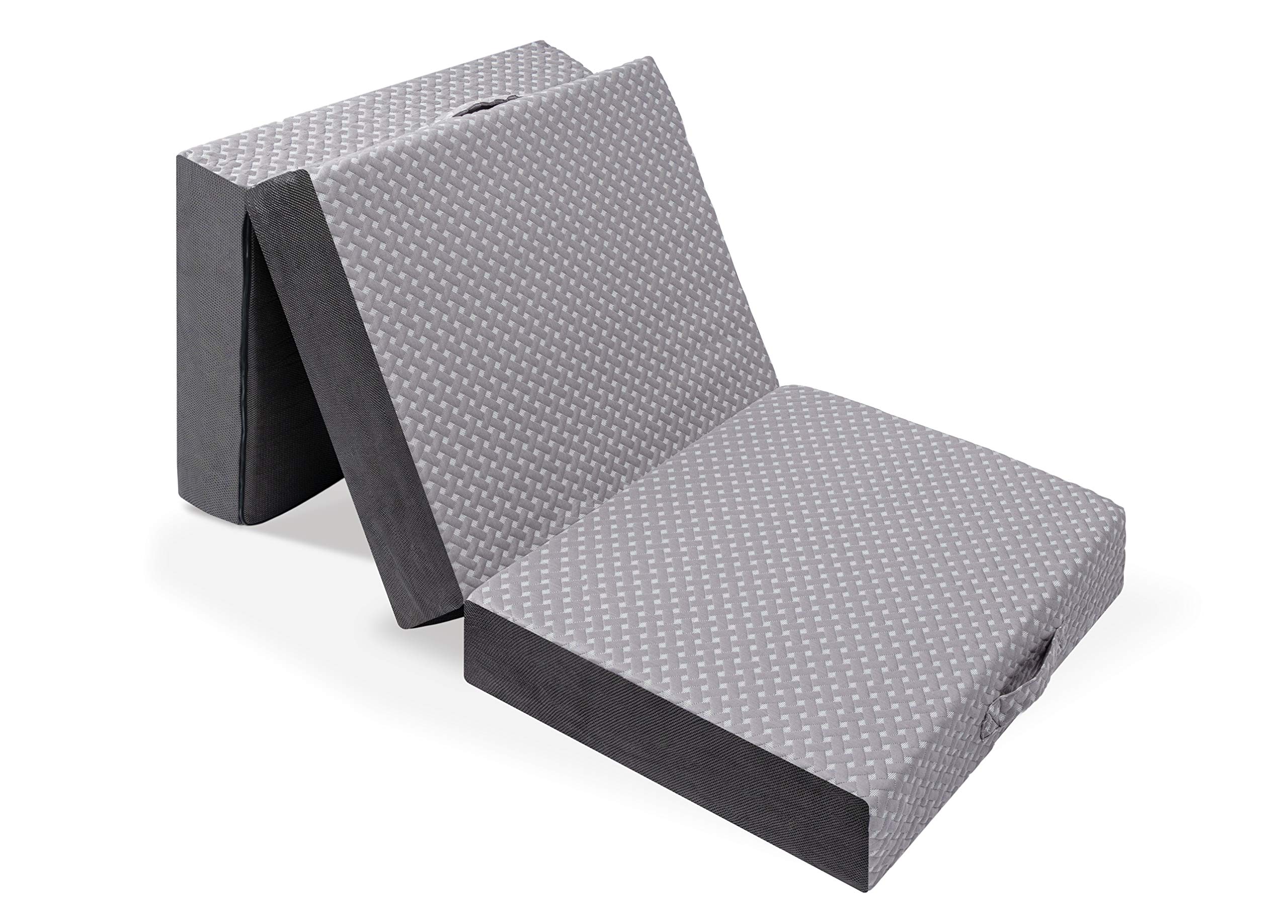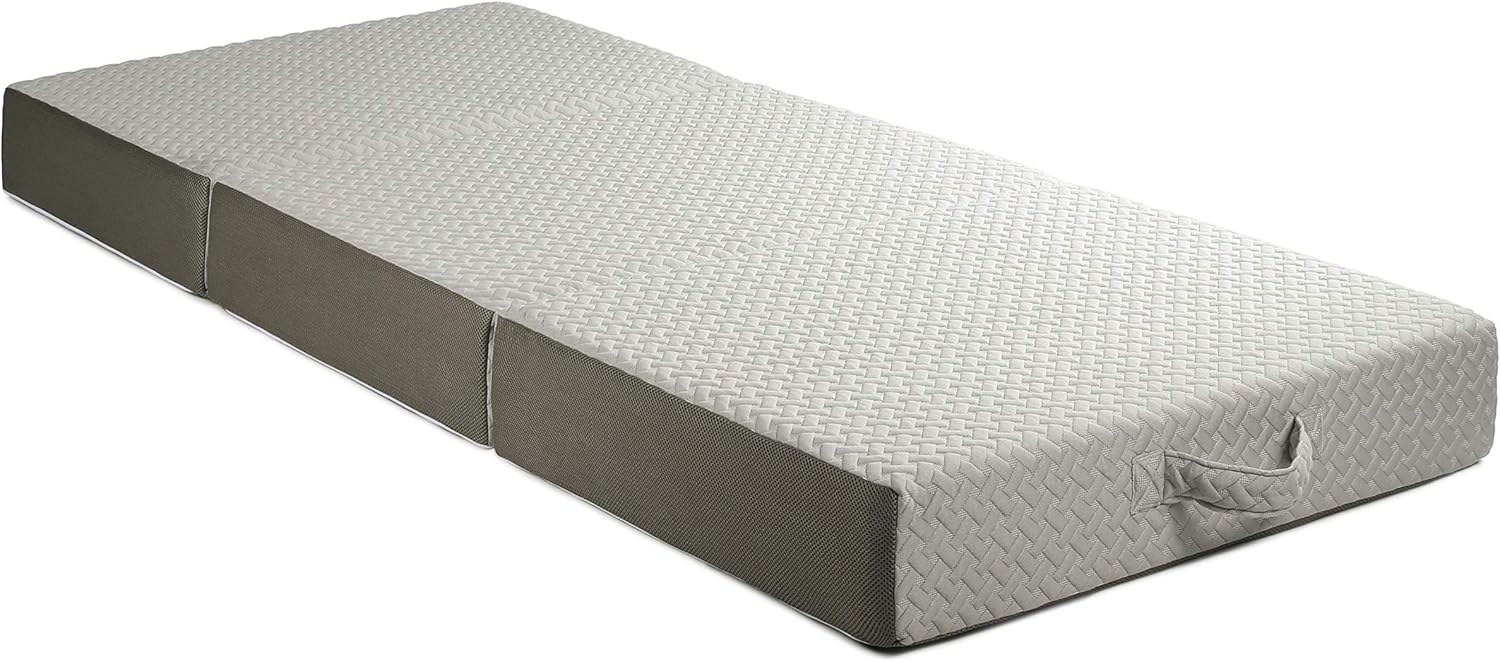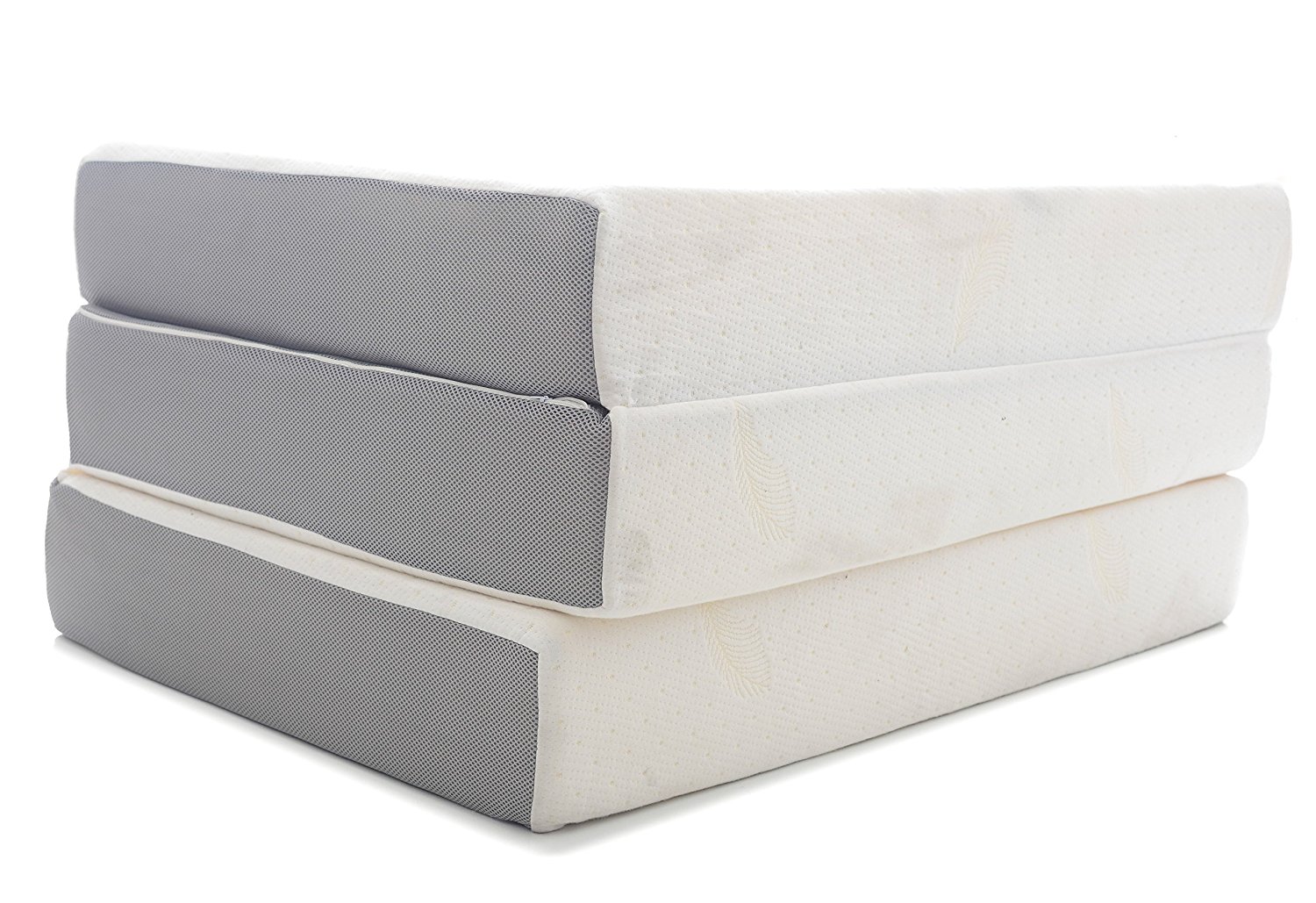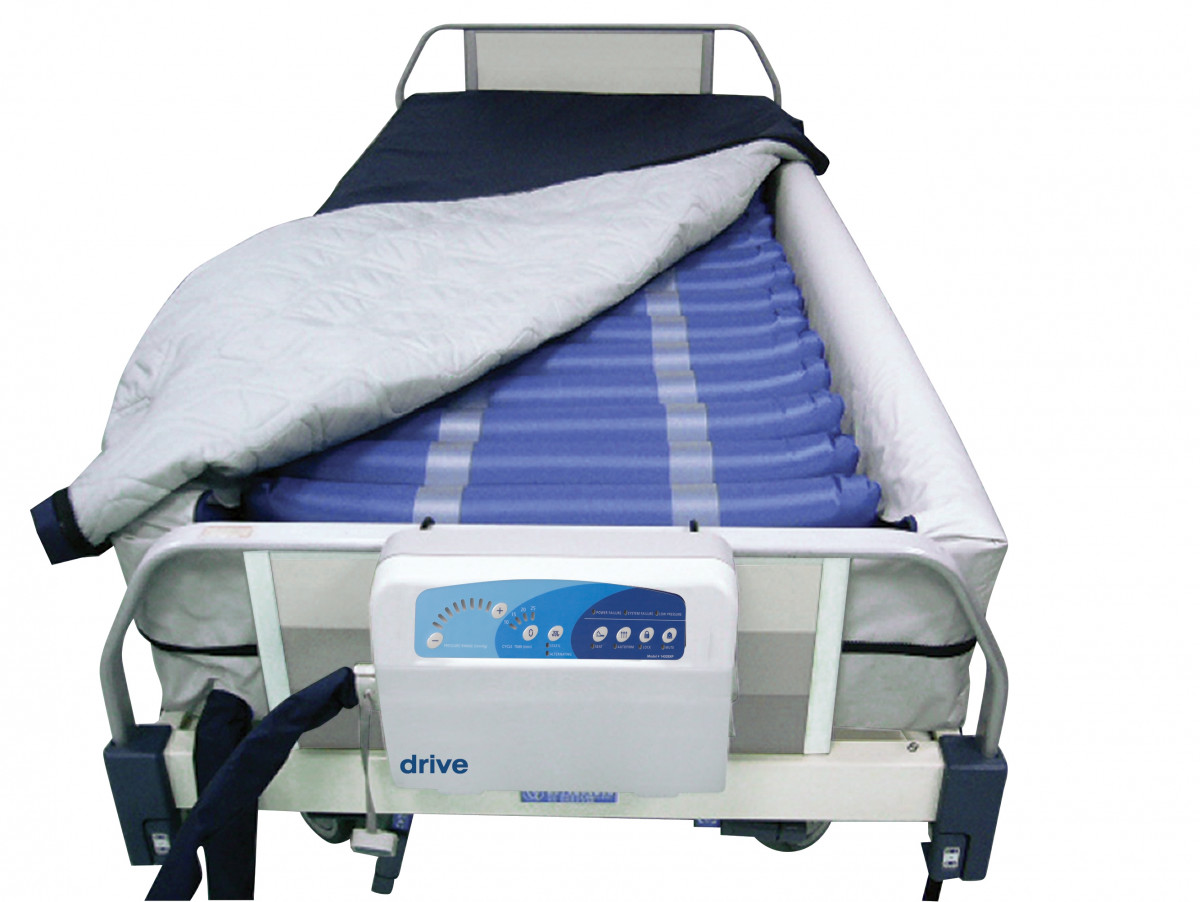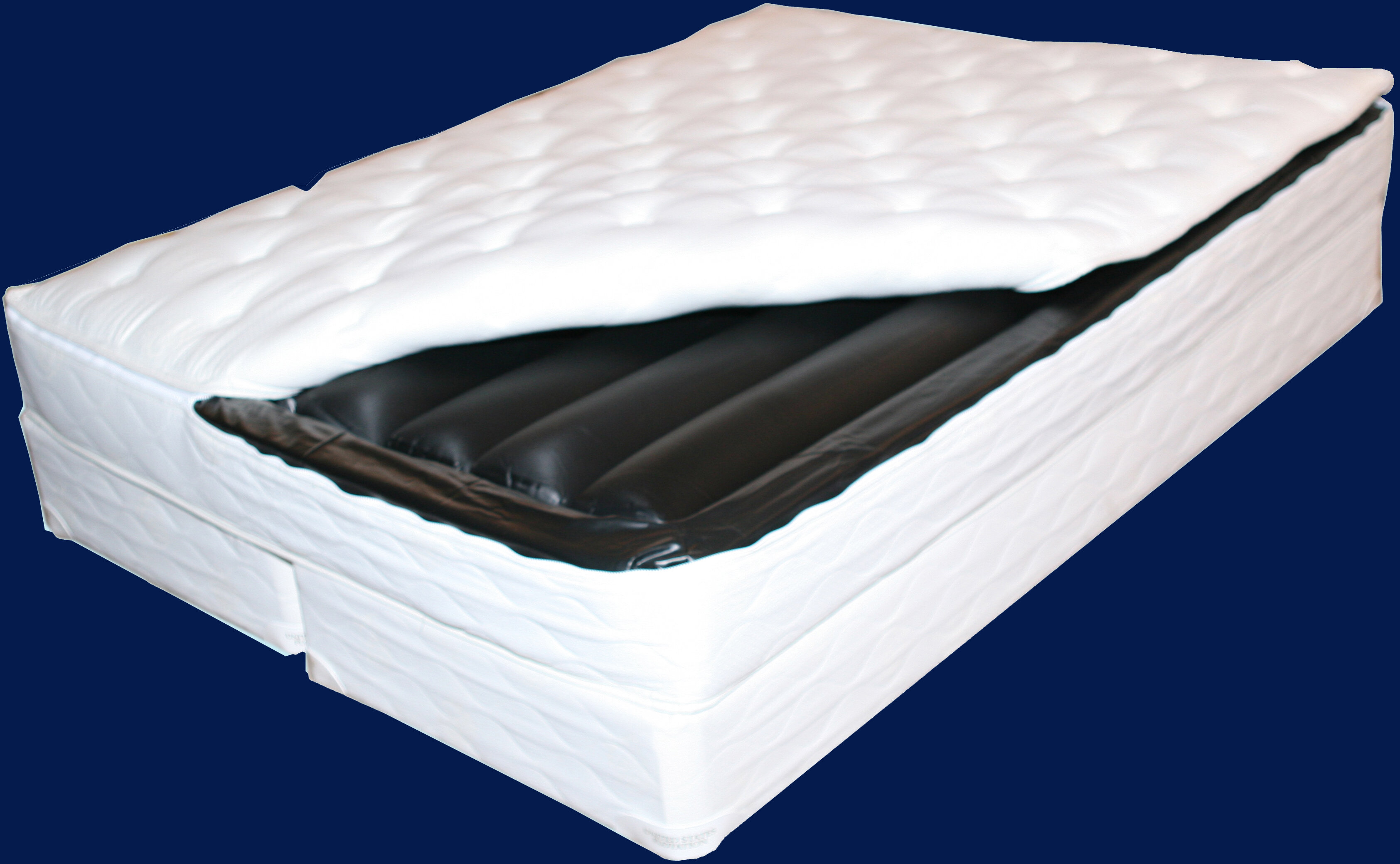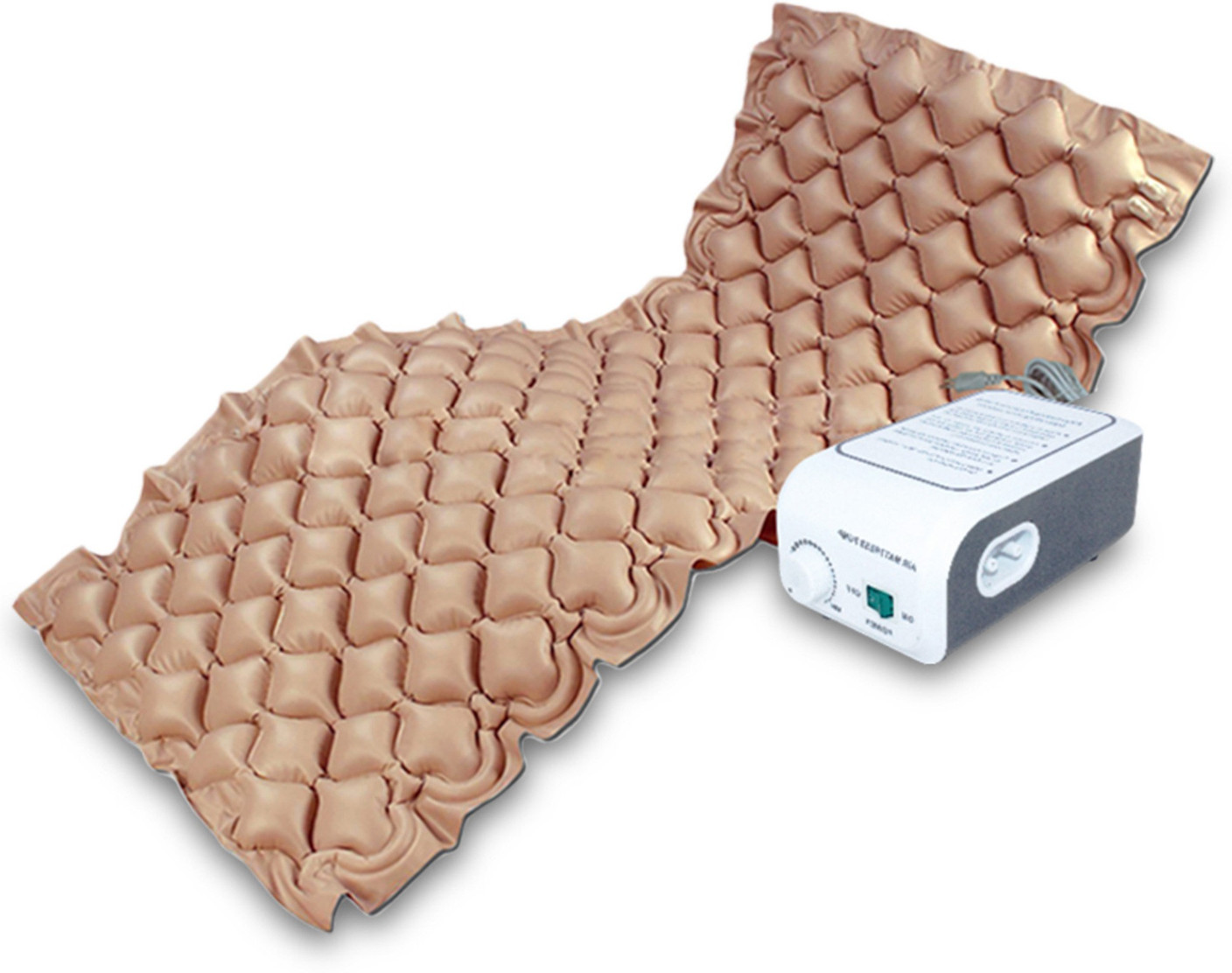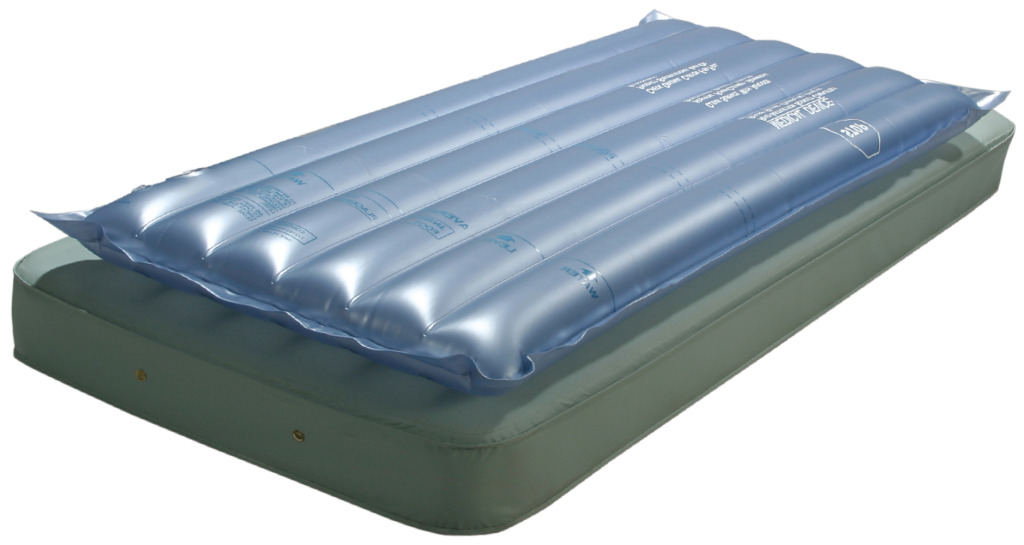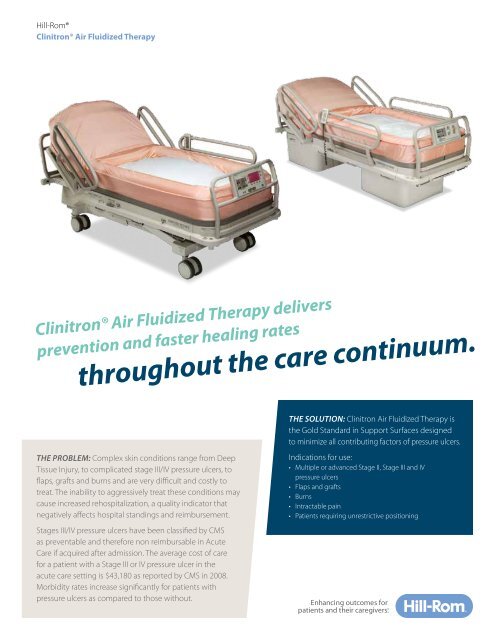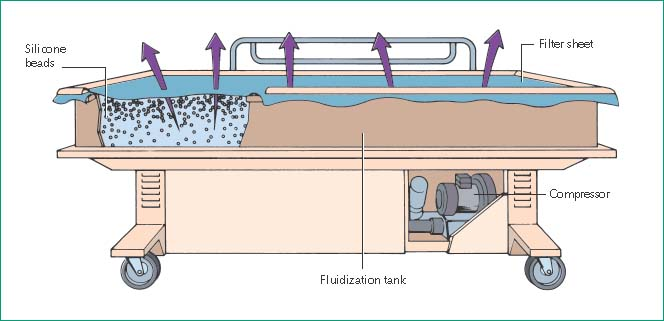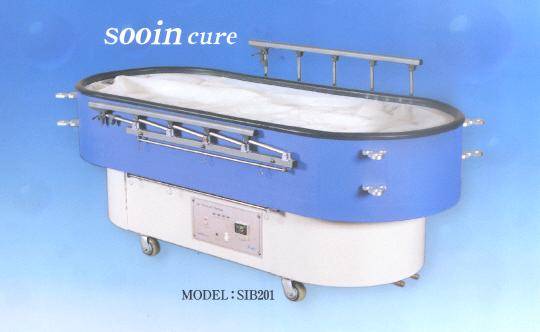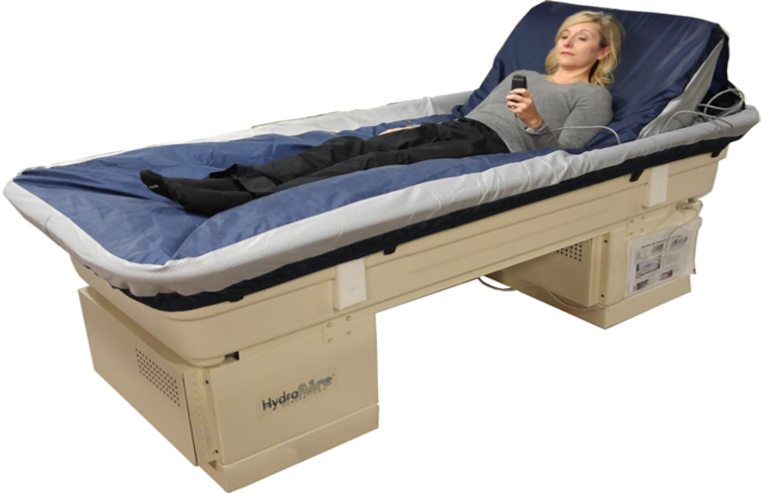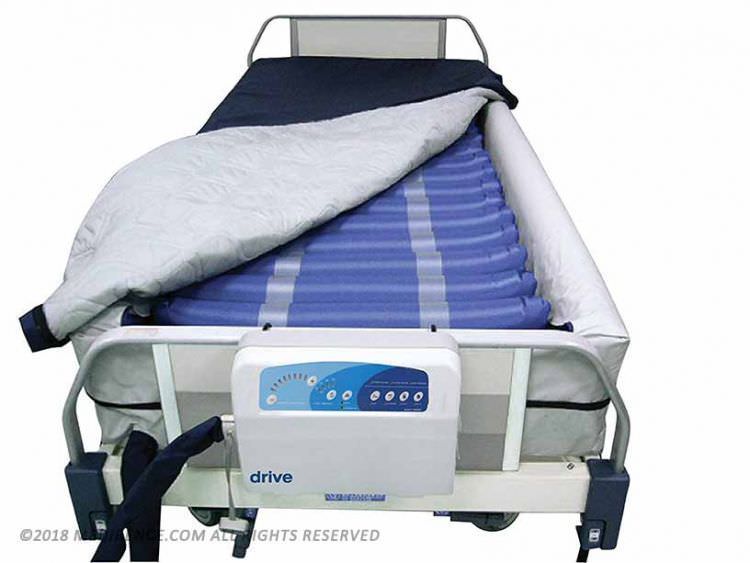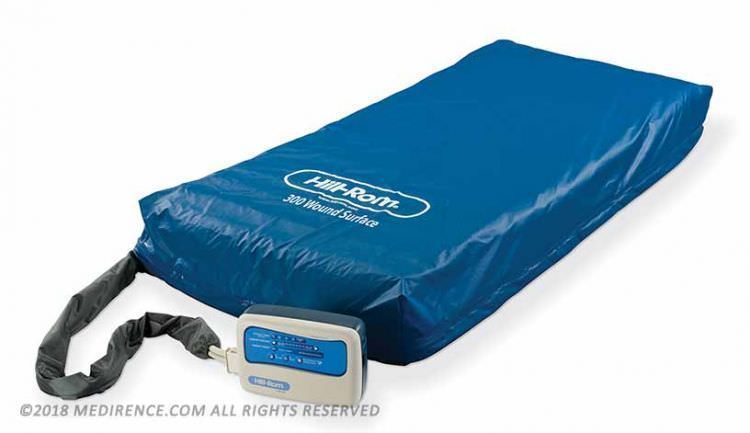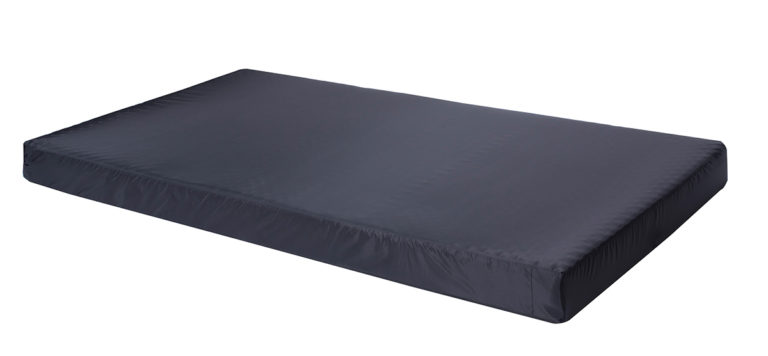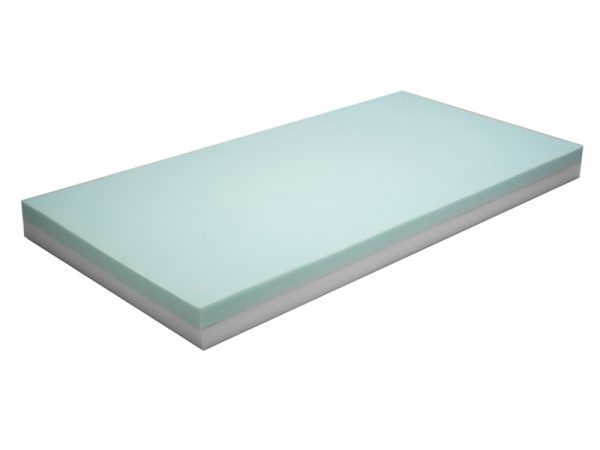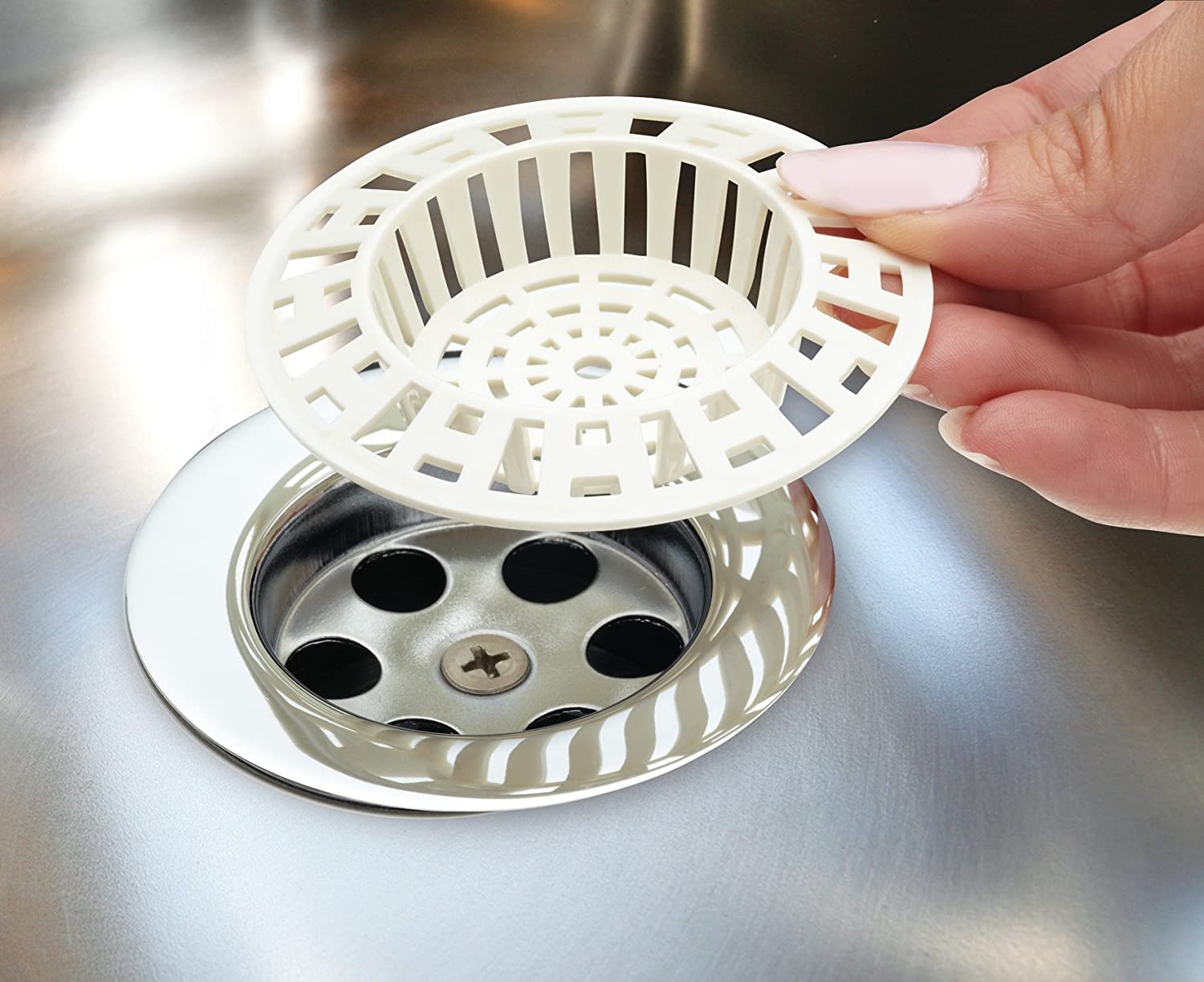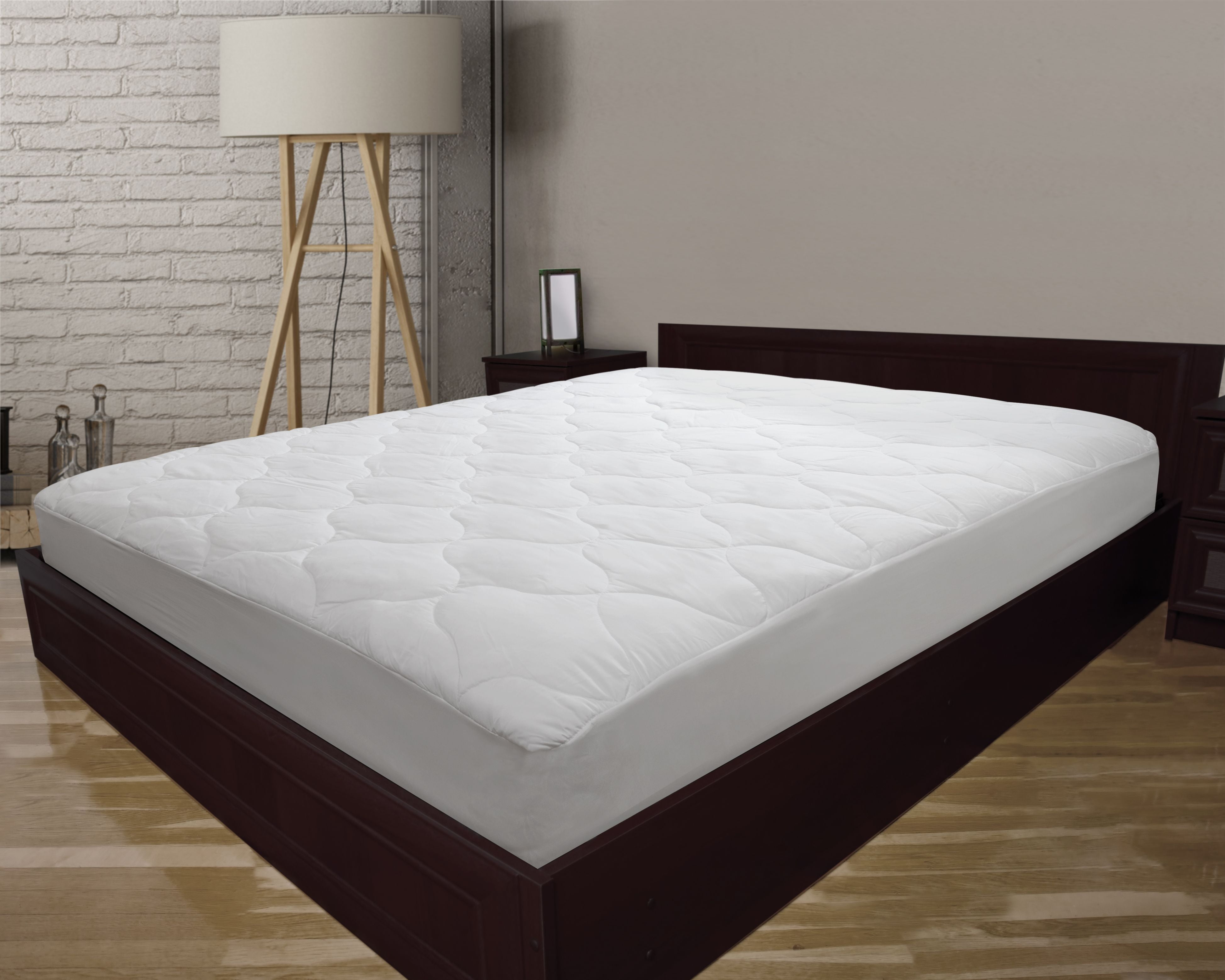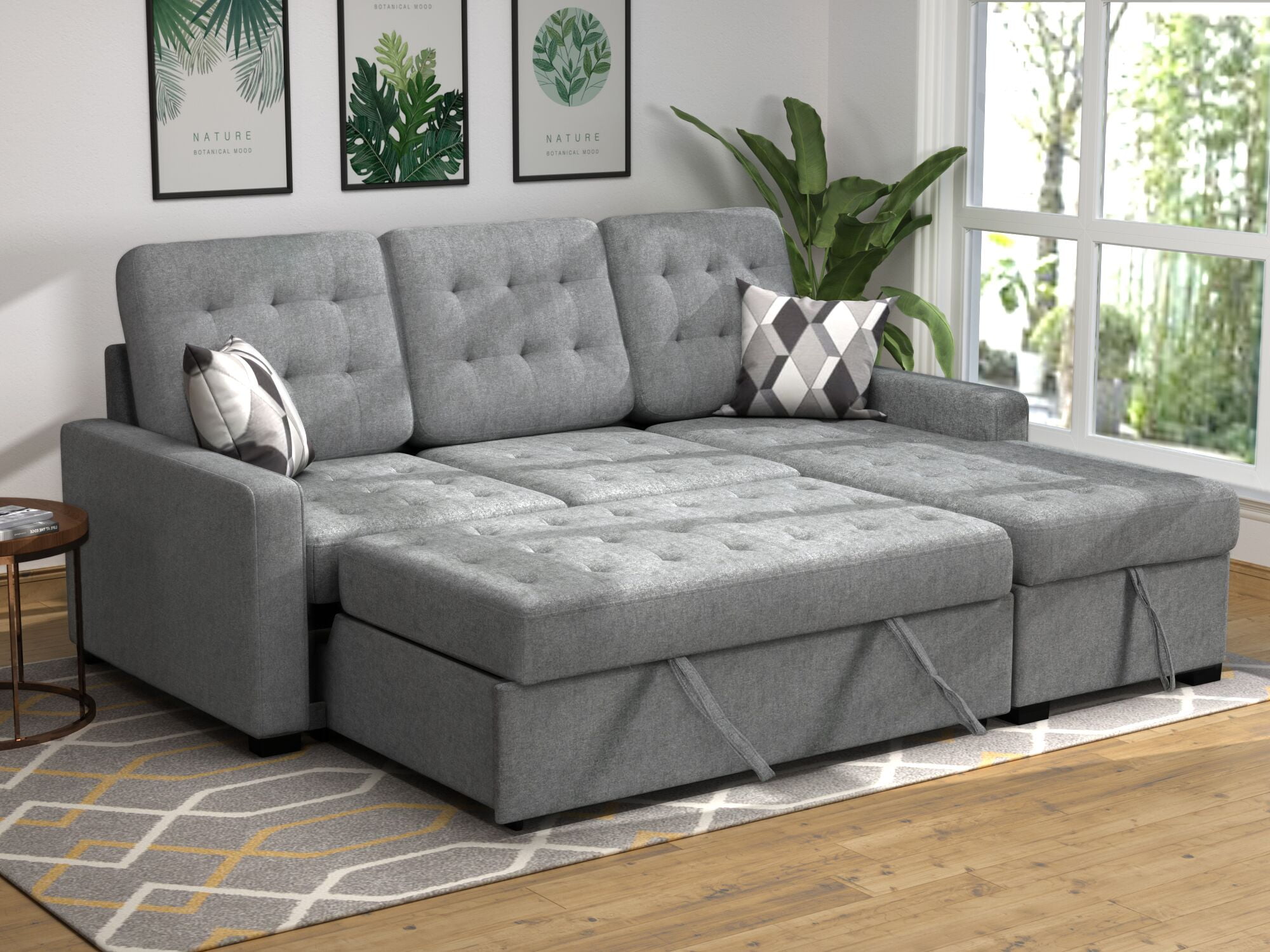When it comes to preventing decubitus ulcers, also known as bedsores, pressure relief mattresses are often the first line of defense. These mattresses are specifically designed to distribute body weight evenly and reduce pressure on vulnerable areas of the body. They can be made from a variety of materials, including foam, gel, and air, and come in different levels of firmness. The key is to find a mattress that conforms to the shape of the body, providing support while also reducing pressure points.1. Pressure Relief Mattresses
Alternating pressure mattresses take pressure relief a step further by constantly changing the distribution of weight. These mattresses have air-filled cells that inflate and deflate in a pattern, creating a ripple effect that prevents prolonged pressure on one area. This continuous movement also helps to improve circulation, which is essential for preventing and healing bedsores. Some alternating pressure mattresses also have adjustable settings, allowing the user to customize the pressure level to their specific needs.2. Alternating Pressure Mattresses
In addition to redistributing pressure, low air loss mattresses also help to reduce heat and moisture buildup. These mattresses have small air holes that allow air to circulate, helping to keep the skin cool and dry. This is especially beneficial for those who are immobile, as they are more prone to sweating and skin irritation. Low air loss mattresses are often used in hospitals and long-term care facilities, but they are also available for home use.3. Low Air Loss Mattresses
Foam mattresses are a popular choice for those looking for a comfortable and supportive mattress that also helps to prevent bedsores. Foam mattresses offer pressure relief by conforming to the body's shape and distributing weight evenly. They also come in a range of densities, from soft to firm, so it's important to find the right level of support for your individual needs. Foam mattresses are also known for their durability, making them a good long-term investment.4. Foam Mattresses
Gel mattresses are another type of mattress that can provide both comfort and pressure relief. These mattresses have a layer of gel either infused into the foam or as a separate layer on top. The gel helps to distribute weight evenly and also provides a cooling effect, which can be beneficial for those who tend to overheat while sleeping. Gel mattresses come in a variety of firmness levels and are a good option for those with chronic pain or pressure sores.5. Gel Mattresses
Similar to foam mattresses, memory foam mattresses are made from a high-density foam that molds to the body's shape. However, memory foam mattresses are also temperature-sensitive, meaning they soften and contour to the body's heat. This can provide additional pressure relief and support for those with bedsores or other pressure-related issues. Memory foam mattresses also have the added benefit of reducing motion transfer, making them a good choice for those who share a bed.6. Memory Foam Mattresses
Water mattresses may not be the first thing that comes to mind when thinking about pressure relief, but they can be a helpful tool in preventing bedsores. These mattresses are filled with water and have a layer of foam on top for support. The water allows for even weight distribution and can also help to reduce pressure points. Water mattresses are also known for their motion reduction, making them a good option for those who are sensitive to movement.7. Water Mattresses
Air fluidized beds are a more advanced option for preventing and treating bedsores. These beds use a system of small silicone beads that are suspended in air, creating a fluid-like surface that conforms to the body and reduces pressure. The constant movement of the beads also helps to improve circulation and promote healing. Air fluidized beds are typically used in hospitals or specialized care facilities, but they can also be purchased for home use.8. Air Fluidized Beds
For those who are overweight or obese, finding a suitable mattress can be a challenge. That's where bariatric mattresses come in. These mattresses are specifically designed to support heavier weights and prevent pressure sores. They often have a higher weight capacity and may be made with more durable materials. Bariatric mattresses come in a variety of types, including foam, air, and gel, so it's important to find one that offers both comfort and pressure relief.9. Bariatric Mattresses
Finally, pressure redistribution mattresses encompass a variety of different types of mattresses, including foam, air, and gel. These mattresses are designed to reduce pressure points and distribute weight evenly, which is crucial for preventing bedsores. They may also have additional features, such as cooling properties or adjustable settings. Pressure redistribution mattresses are a good option for those who need a combination of support and pressure relief. In conclusion, the right mattress can make a significant difference in preventing and treating decubitus ulcers. Whether you opt for a pressure relief, alternating pressure, or low air loss mattress, finding the right level of support and pressure redistribution is key. Consult with a healthcare professional for personalized recommendations, and invest in a quality mattress to prioritize your comfort and overall health.10. Pressure Redistribution Mattresses
How a Firm Mattress Can Help Minimize Decubitus Ulcers

The Importance of Choosing the Right Mattress for Bedridden Patients
 Decubitus ulcers, also known as pressure sores, are a common problem for individuals who are bedridden or have limited mobility. These painful sores are caused by prolonged pressure on the skin, often from lying in the same position for extended periods of time. While there are several factors that can contribute to the development of decubitus ulcers, one of the most important is
the type of mattress a patient is using.
In fact, choosing a
firm mattress
can significantly help minimize the risk of developing these painful sores.
Decubitus ulcers, also known as pressure sores, are a common problem for individuals who are bedridden or have limited mobility. These painful sores are caused by prolonged pressure on the skin, often from lying in the same position for extended periods of time. While there are several factors that can contribute to the development of decubitus ulcers, one of the most important is
the type of mattress a patient is using.
In fact, choosing a
firm mattress
can significantly help minimize the risk of developing these painful sores.
The Benefits of a Firm Mattress for Pressure Relief
 When it comes to preventing decubitus ulcers,
proper support and pressure relief
are key. A firm mattress provides a stable surface that distributes body weight evenly, reducing pressure on specific areas of the body. This is especially important for bedridden patients who may not be able to shift their weight or change positions on their own.
In addition,
a firm mattress can also promote better circulation
by preventing blood from pooling in areas of the body that are under pressure. This can help prevent tissue damage and promote healing, reducing the risk of decubitus ulcers.
When it comes to preventing decubitus ulcers,
proper support and pressure relief
are key. A firm mattress provides a stable surface that distributes body weight evenly, reducing pressure on specific areas of the body. This is especially important for bedridden patients who may not be able to shift their weight or change positions on their own.
In addition,
a firm mattress can also promote better circulation
by preventing blood from pooling in areas of the body that are under pressure. This can help prevent tissue damage and promote healing, reducing the risk of decubitus ulcers.
Choosing the Right Firmness Level for Your Mattress
 When it comes to firm mattresses, there are different levels of firmness to consider.
Medium-firm
mattresses are a popular option for those looking for a balance of support and comfort. However, for bedridden patients, a
firm
mattress is often recommended to provide the necessary support and pressure relief.
It's important to
test out different firmness levels before making a purchase
, as everyone's preferences and needs are different. Keep in mind that
a firm mattress does not have to be uncomfortable
– many modern mattresses offer advanced materials and designs that provide both support and comfort.
When it comes to firm mattresses, there are different levels of firmness to consider.
Medium-firm
mattresses are a popular option for those looking for a balance of support and comfort. However, for bedridden patients, a
firm
mattress is often recommended to provide the necessary support and pressure relief.
It's important to
test out different firmness levels before making a purchase
, as everyone's preferences and needs are different. Keep in mind that
a firm mattress does not have to be uncomfortable
– many modern mattresses offer advanced materials and designs that provide both support and comfort.
Other Factors to Consider When Choosing a Mattress for Bedridden Patients
 Aside from firmness, there are other important factors to consider when choosing a mattress for a bedridden patient.
Hygiene and durability
are crucial, as these mattresses will likely need to be cleaned and replaced more frequently than those used by individuals who are more active. Look for mattresses with removable, washable covers and durable materials.
In addition,
temperature regulation
is also important. Patients who are immobile may have difficulty regulating their body temperature, so a mattress with cooling properties can help prevent discomfort and excessive sweating.
Aside from firmness, there are other important factors to consider when choosing a mattress for a bedridden patient.
Hygiene and durability
are crucial, as these mattresses will likely need to be cleaned and replaced more frequently than those used by individuals who are more active. Look for mattresses with removable, washable covers and durable materials.
In addition,
temperature regulation
is also important. Patients who are immobile may have difficulty regulating their body temperature, so a mattress with cooling properties can help prevent discomfort and excessive sweating.
Conclusion
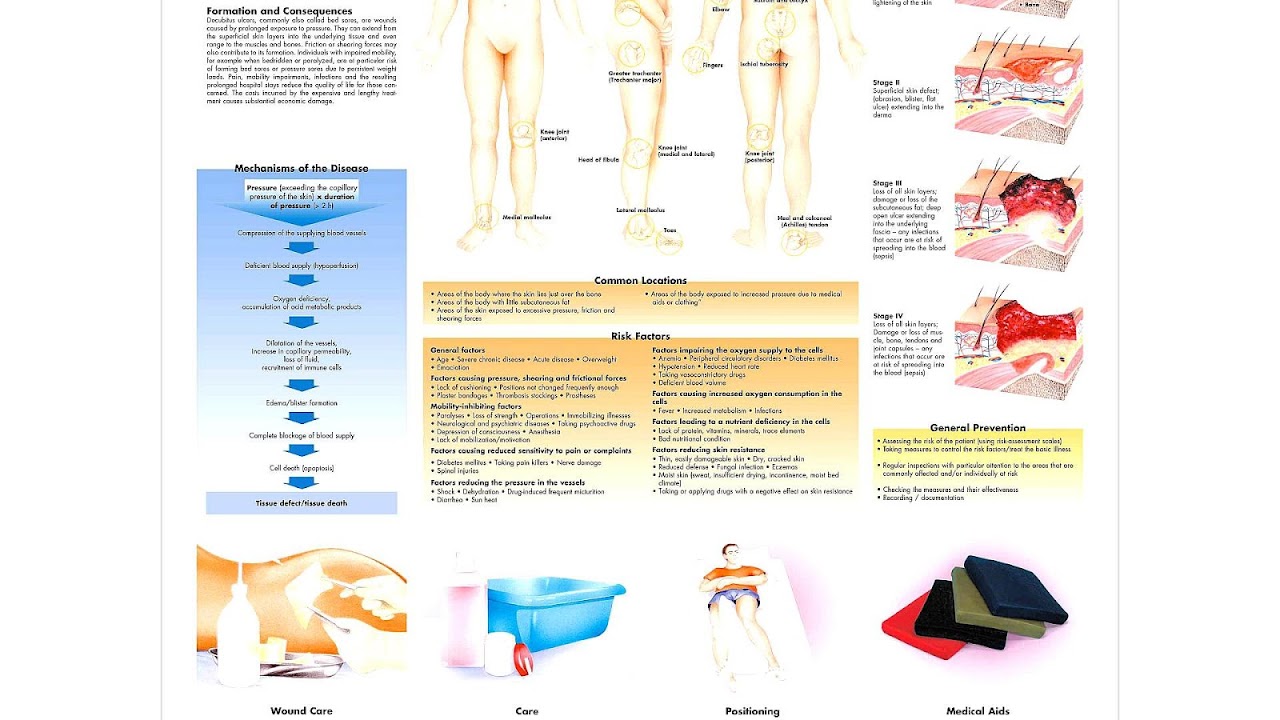 In conclusion, choosing the right mattress is crucial for minimizing the risk of decubitus ulcers in bedridden patients. A firm mattress offers the necessary support and pressure relief to prevent these painful sores from developing. When considering a mattress for a bedridden patient, be sure to also consider other factors like hygiene, durability, and temperature regulation. With the right mattress, you can help improve the comfort and overall well-being of your loved one.
In conclusion, choosing the right mattress is crucial for minimizing the risk of decubitus ulcers in bedridden patients. A firm mattress offers the necessary support and pressure relief to prevent these painful sores from developing. When considering a mattress for a bedridden patient, be sure to also consider other factors like hygiene, durability, and temperature regulation. With the right mattress, you can help improve the comfort and overall well-being of your loved one.

